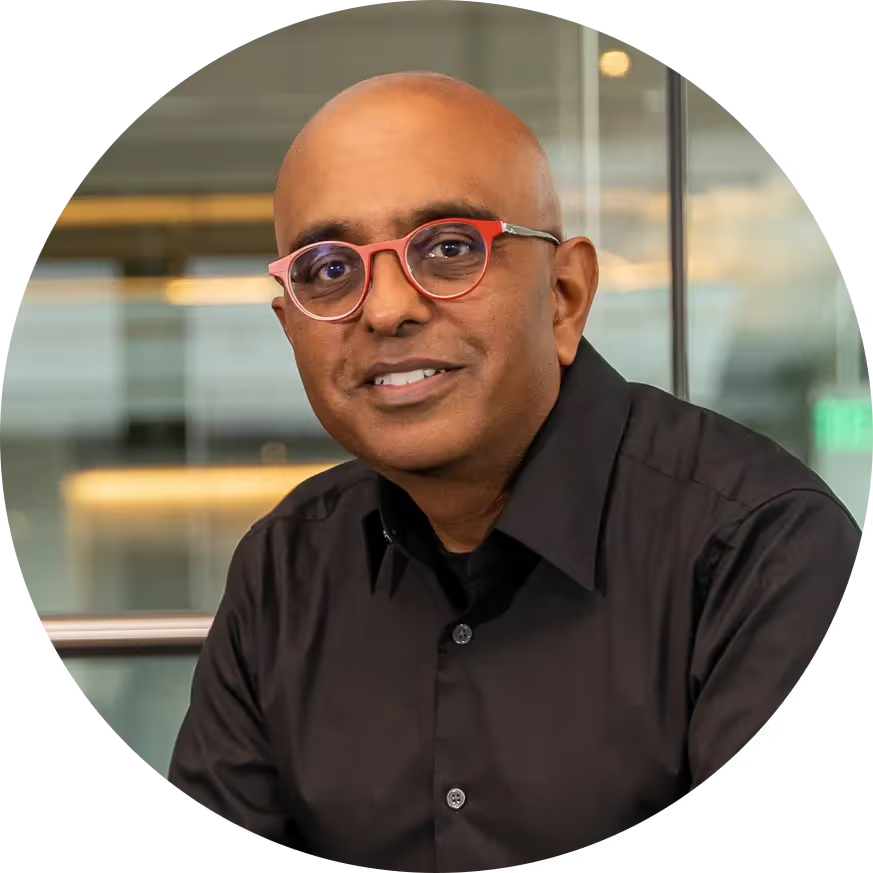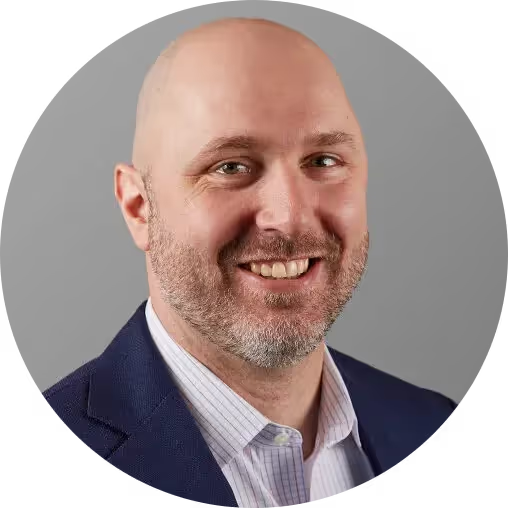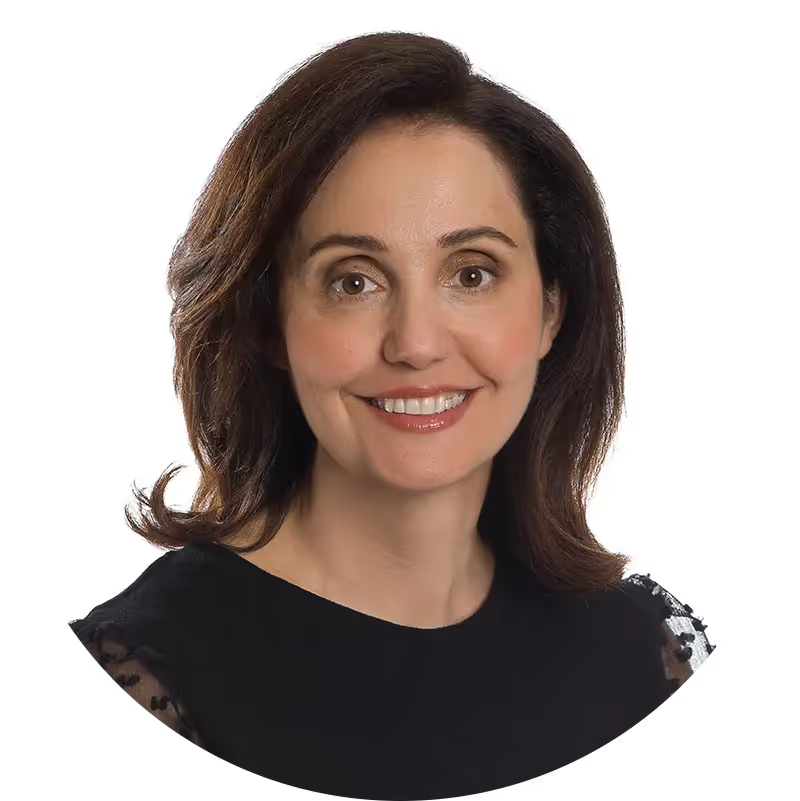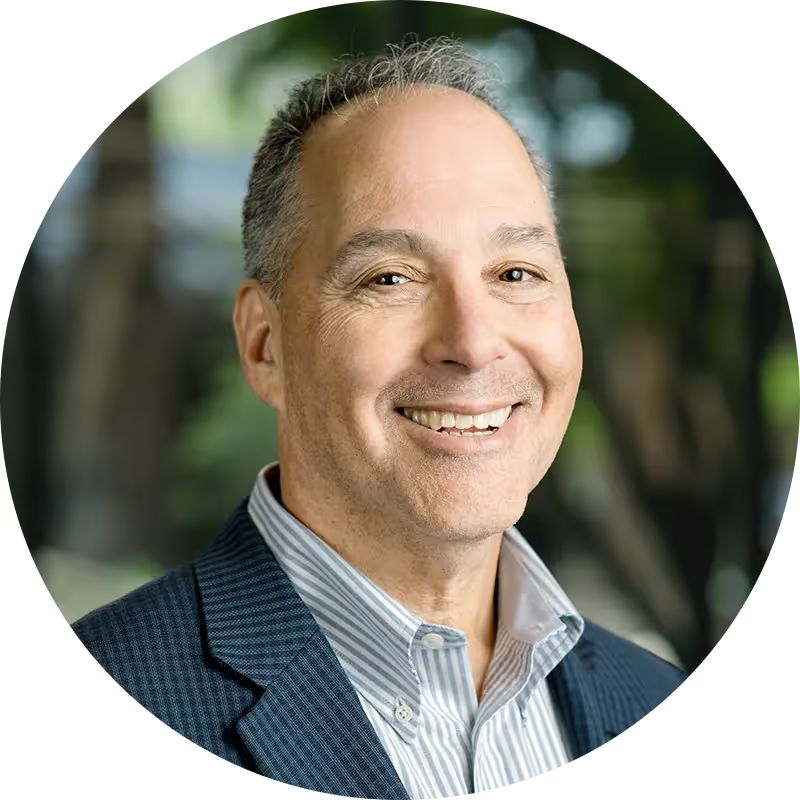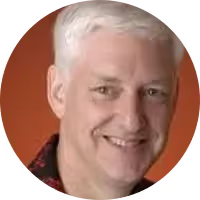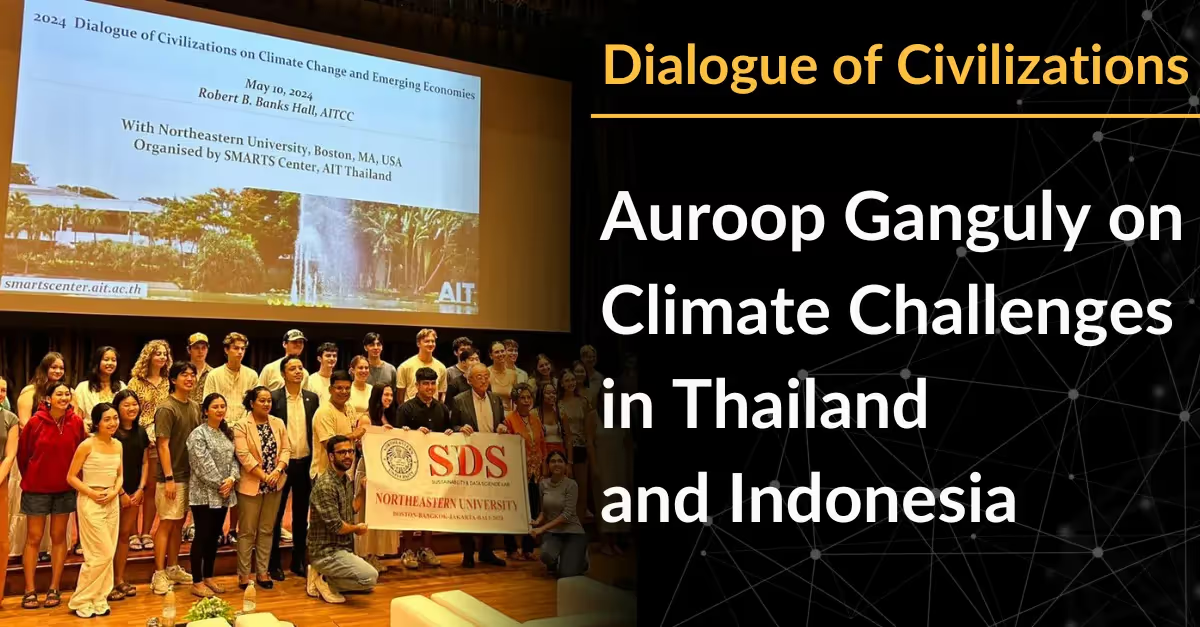Boston-Area Complex Risk Science: Exploring new frontiers and a new community for understanding risk
Risk science—at the intersection of physical hazards and societal systems—is essential, underdeveloped, and ripe for new insights from complexity and social sciences.
On June 9, 2025, we’ll host a one-day summit in Boston hosted by the NASA Jet Propulsion Laboratory and Northeastern University for a cross-disciplinary group of thinkers and doers working on risk, resilience, social systems, and complexity. Our goal: to identify non-obvious gaps in risk science, particularly around multi-hazard interactions, cascading consequences, and vulnerability, and to explore how complexity science and social science can help us understand and address them.
We exist in a world of interdependent systems [Helbing, 2013] whose entanglement gives rise to difficult to quantify vulnerabilities [Vespignani, 2010] and extreme uncertainties that make their deterministic management impossible. The interdependence of our 21st century world is not merely economic nor solely technological, but extends into the social realm as well [Beck and Ritter; 1992]. Complexity science as a paradigm of scientific discovery (e.g., McGranaghan; [2024]) has produced a profound shift in scientific thought and concomitant understanding, perhaps most effective in its ability to evolve scientific disciplines toward new foci.
The topic of risk in natural hazards and ecological science remains in its infancy, as are attempts to connect the study of purely physical systems with socio-physical systems. Our modern world requires a more robust science of risk and complexity calls us to a new epistemological engagement: from risk to resilience. An articulated and practicable risk science and resilience paradigm is the principle pathway to the advancement of science to address global (at once intimate and planetary) crises.
As evidenced by climbing temperatures and warming targets, growing social and economic inequality, rising precarity of critical societal infrastructure, and persistent selection for the immediate over the long-term, the ways we have been doing and sharing science have failed to grow to the immensity of challenges in the 21st century. A new science, by which has always meant a new way of doing science, is imperative and, with a new paradigm of risk and resilience, possible.
Socio-ecological-techological systems (SETS) are the frontier of this paradigm of complex risk and resilience science. We will convene a unique group—unlikely to come together elsewhere—to explore bold yet feasible questions that define this cross-disciplinary, cross-domain community and illuminate the new projects needed to address them.
Why complex risk and resilience and why now?
We believe a new kind of forum is needed—one that brings together experts across disciplines to grapple with the nonlinear, surprising ways in which risk evolves when multiple hazards and social systems interact. This Summit will begin building that community.
We invite you to join this singular gathering—bringing together people unlikely to share a room otherwise—to help shape the future of complex risk science.
The primary goal of this event is to articulate the questions that are most meaningful to explore in the massive topic of complexity risk science in the Earth and space science (and to create a true collective around this crisis discipline). We believe those questions will be associated with multi-hazard interactions and vulnerability and will require a new collective to explore them.
A few that may be explicitly discussed:
- Where do current models of risk fall short in capturing cascading and compounding events—and what disciplines might help fill the gaps?
- How might we design scientific and policy frameworks that embrace, rather than oversimplify, uncertainty?
- How do social, cultural, and historical contexts shape what counts as “resilience” or “risk”—and who decides?
- How can we build scientific architectures that are as adaptive and interlinked as the systems they aim to study?
- What decision-support tools/products are needed across the disaster management lifecycle?
- What is the role of imagination and ethics in shaping resilient futures?
Such a collective began to emerge after an event on critical transitions in socio-ecological systems in February 2025 at Princeton University, and this will sustain and expand the momentum.
Why attend and what to expect
You will join an emerging community and movement.
We will have between 20-40 people, deliberately chosen to be enough for a meaningfully plural conversation, but few enough that every voice will have time and space to contribute and be heard. This will be an in-person event only
We plan to use the full day, and would encourage everyone to join us for the entirety. We, of course, understand challenging schedules, so happy to have you join us for whatever portion you would be available for.
About the Organizers
This event is co-organized by the NASA Jet Propulsion Laboratory (in association with the JPL Science Understanding from Data Science (SUDS) and Data Science Working Group initiatives) and the Institute for Experiential AI at Northeastern University. Together we are committed to building a collective of researchers, practitioners, stakeholders, decision-makers, and publics to improve the resilience of our critical societal systems and of scientific discovery itself.
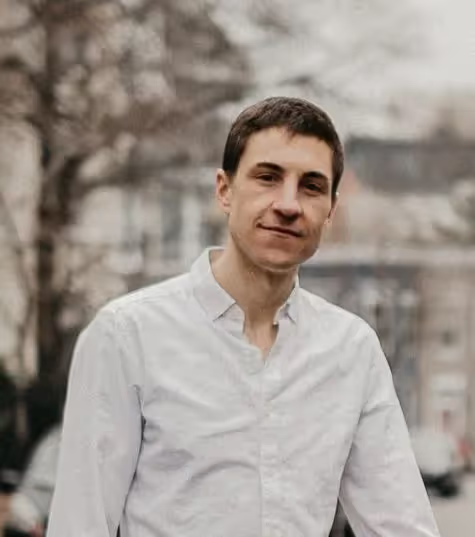
Ryan McGranaghan
Data Scientist and Research Scientist
NASA Jet Propulsion Laboratory
Ryan works with the Machine Learning and Instrument Autonomy (MLIA) group to apply data science techniques robustly and responsibly to the Earth and Space Sciences, to cultivate cross-NASA Center collaborations, and to explore more cohesive and plural scientific communities. He is also a core team member for the NASA Transformation to Open Science (TOPS) initiative, improving the accessibility, inclusivity, and reproducibility of science. His career as in his life is about creating and cultivating transdisciplinary and trans-community connections for the sake of scientific discovery and flourishing.
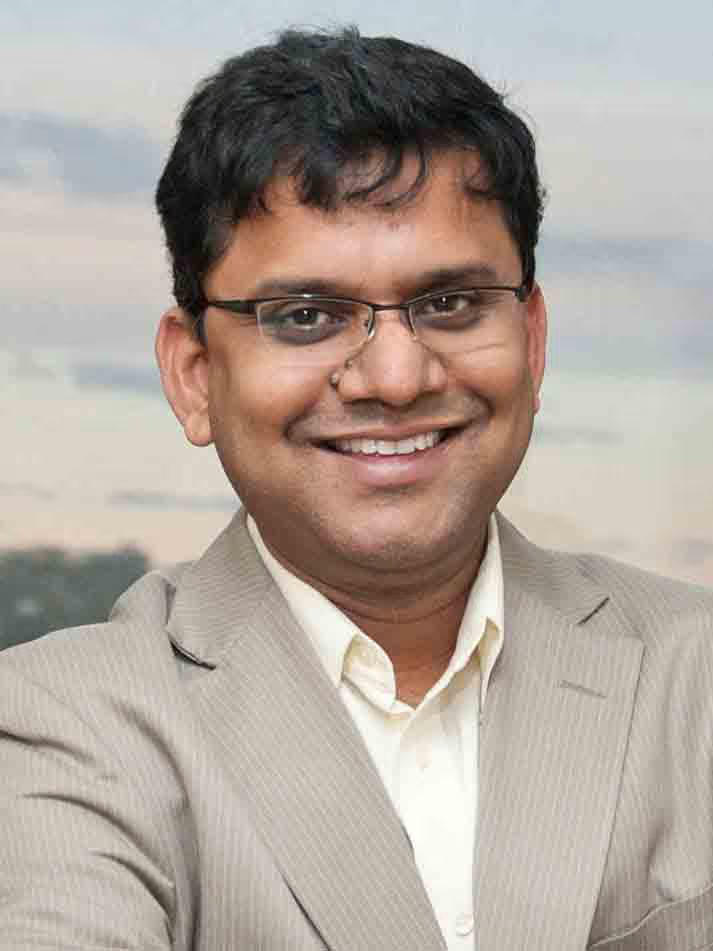
Auroop Ganguly
College of Engineering Distinguished Professor
Northeastern University
Sustainability and Data Sciences Laboratory (SDS Lab) and the AI for Climate and Sustainability (AI4CaS)
The Institute for Experiential AI at Northeastern University
Auroop previously co-directed the Global Experience Institute (GRI). He holds a joint appointment as a Chief Scientist at the Pacific Northwest National Laboratory (PNNL) in their Advanced Computing, Mathematics, and Data Division.
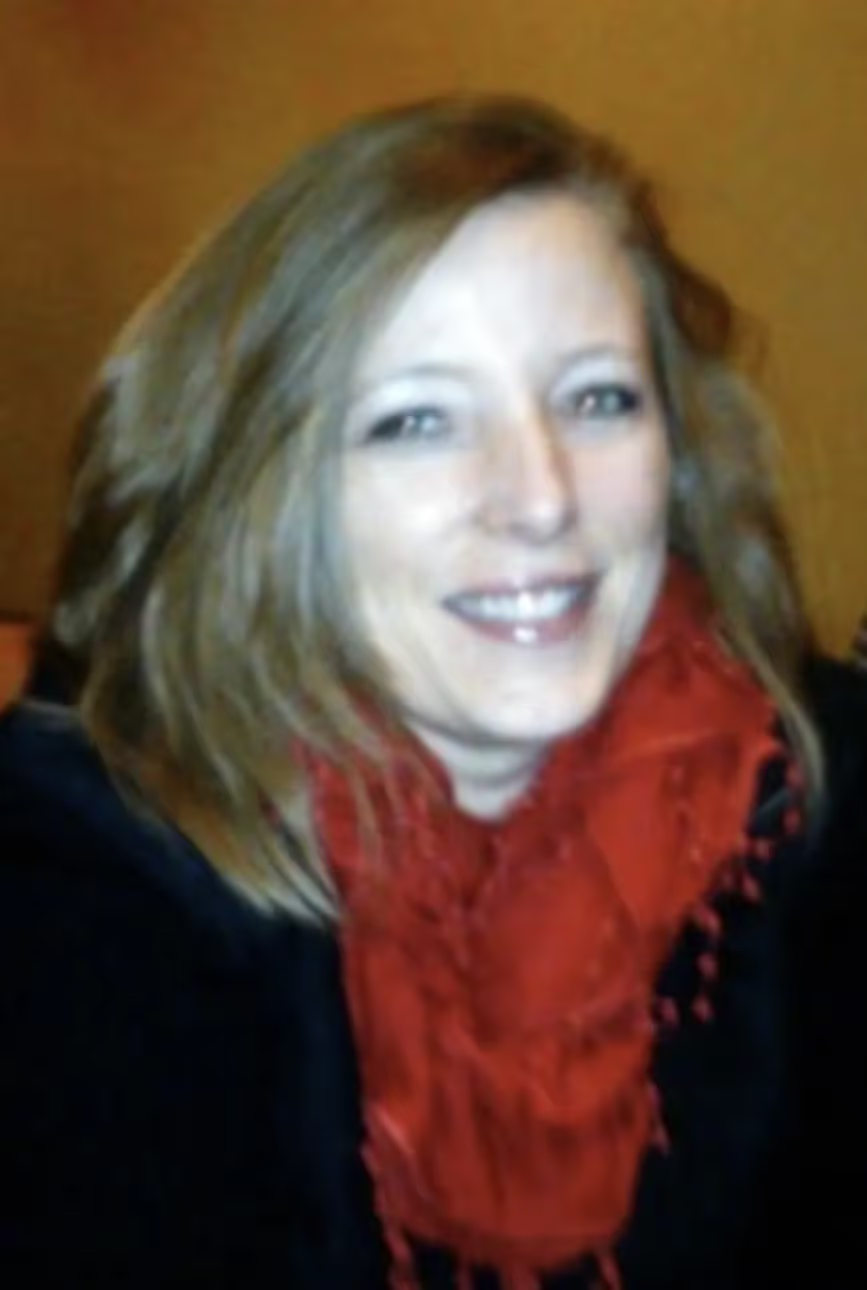
Robyn Anderson
Technical Program Development and Operations Management
Sustainability and Data Sciences Laboratory (SDS Lab) and the AI for Climate and Sustainability (AI4CaS)
Northeastern University
Before NU, Robyn supported the Program Executive Office Enterprise Information System (PEO EIS) office within the ARMY’s ASAALT division and assisted with implementing a new Project Management Resource Tool, worked as a Project Manager in the Office of Personnel Management’s (OPM) CIO’s office in the Mainframe and Continuous Monitoring departments and the Performance Accountability Council Project Management Office, was a federal agent/criminal investigator with the Department of Justice United States Marshals Service for 25 years wherein she specialized in judicial and witness protection.
Location Note: EXP is steps away from our Interdisciplinary Science and Engineering Complex, and they’re linked by a pedestrian bridge that connects the north and south sections of the Boston campus. EXP and ISEC put research on display, and together they’ve transformed the Columbus Avenue corridor into a cutting-edge hub for experience-driven research, learning, and collaboration.
Speakers
Keynote and Industry Speakers
Northeastern University Speakers
Agenda
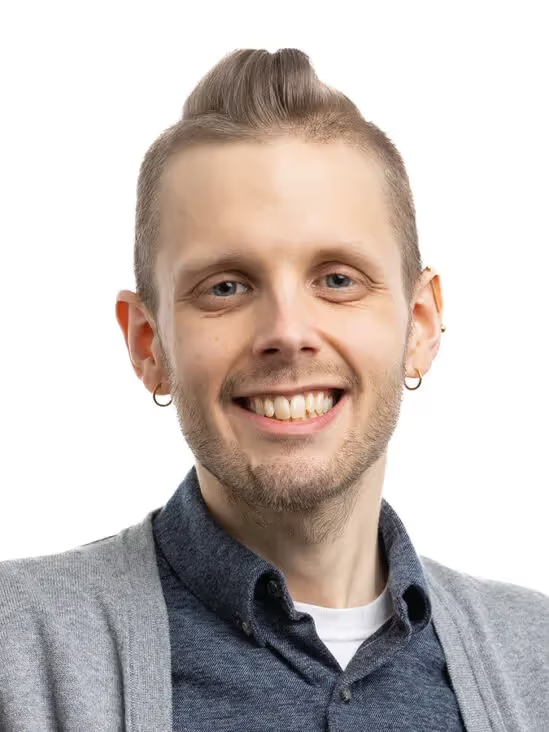
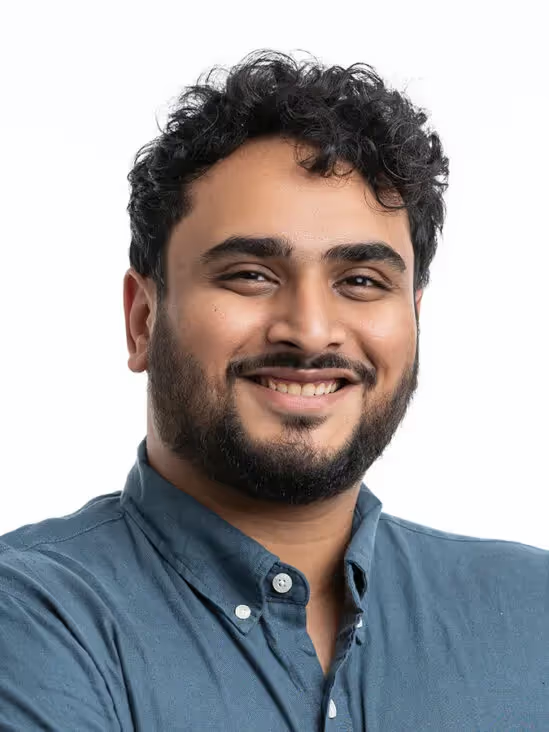
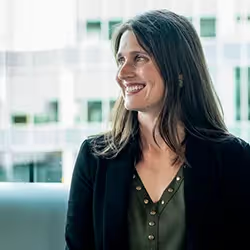
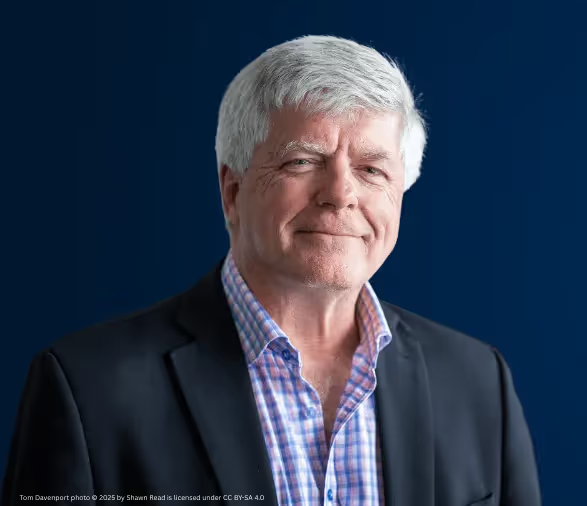
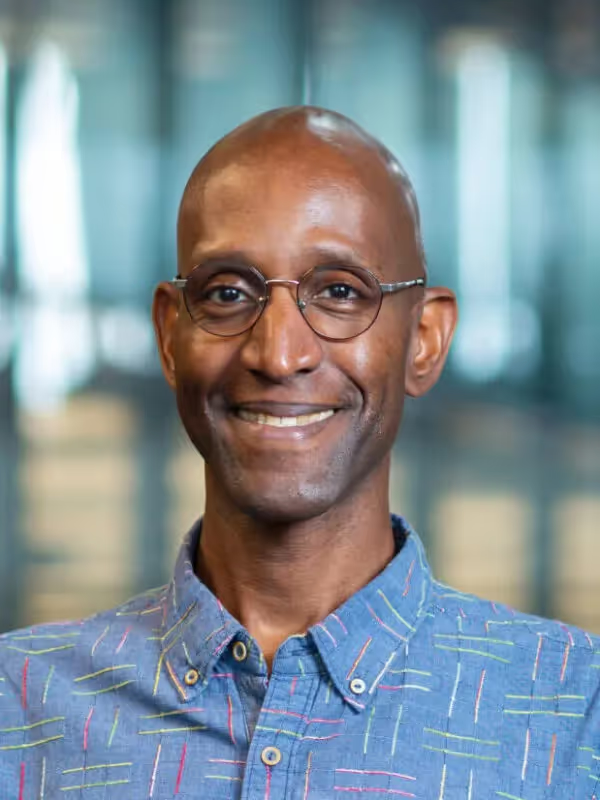
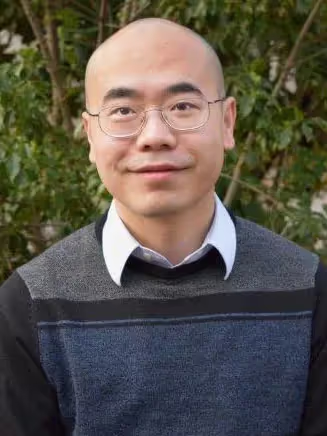
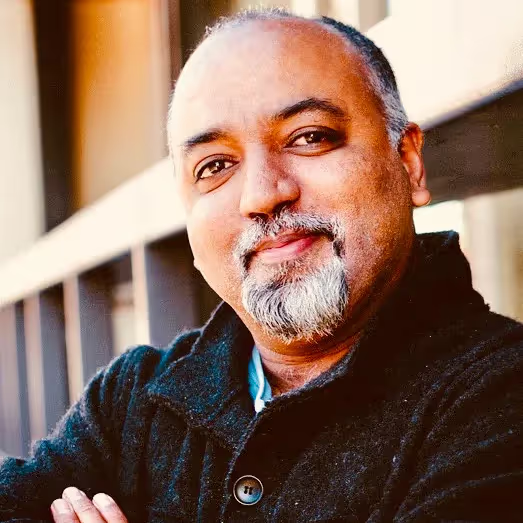
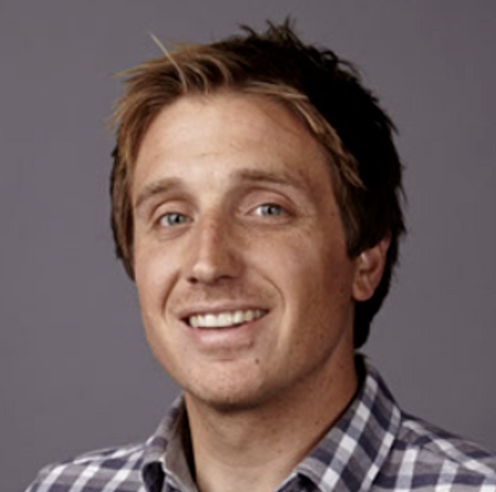

.avif)
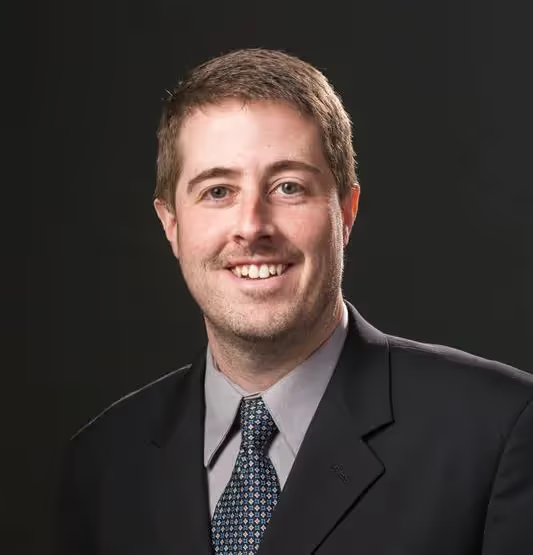
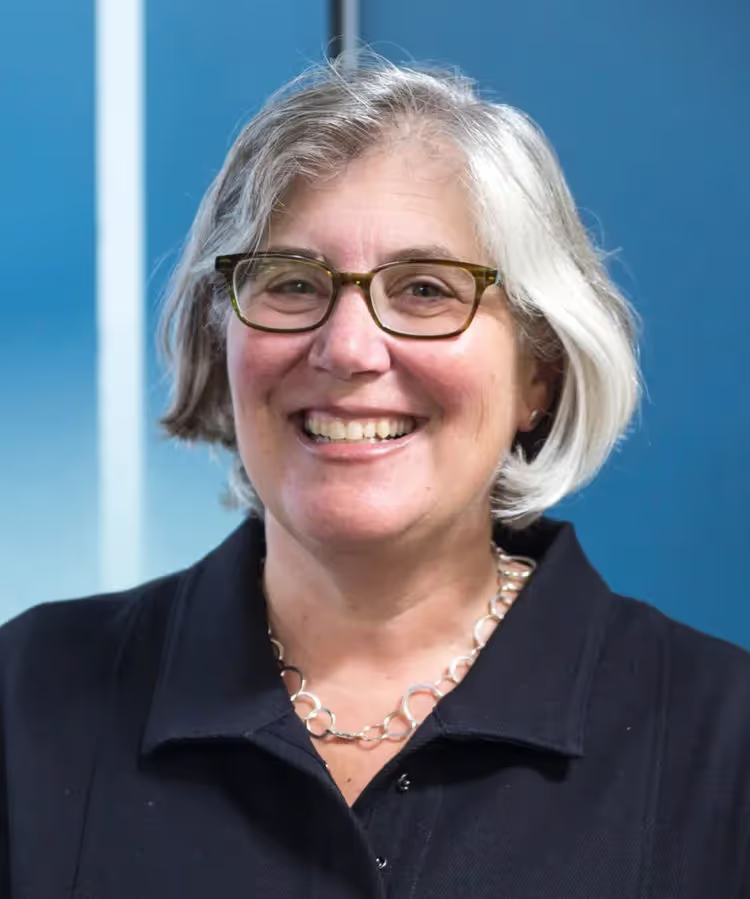
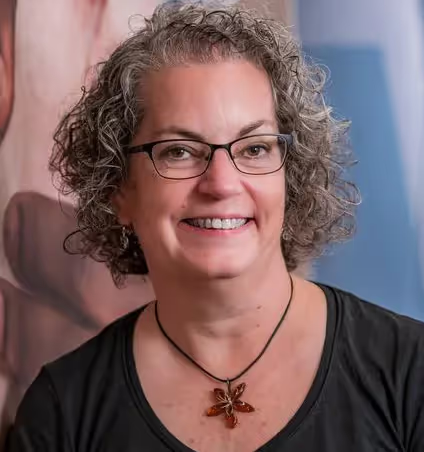
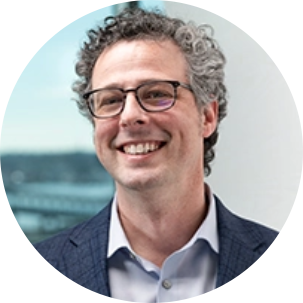

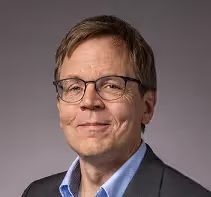
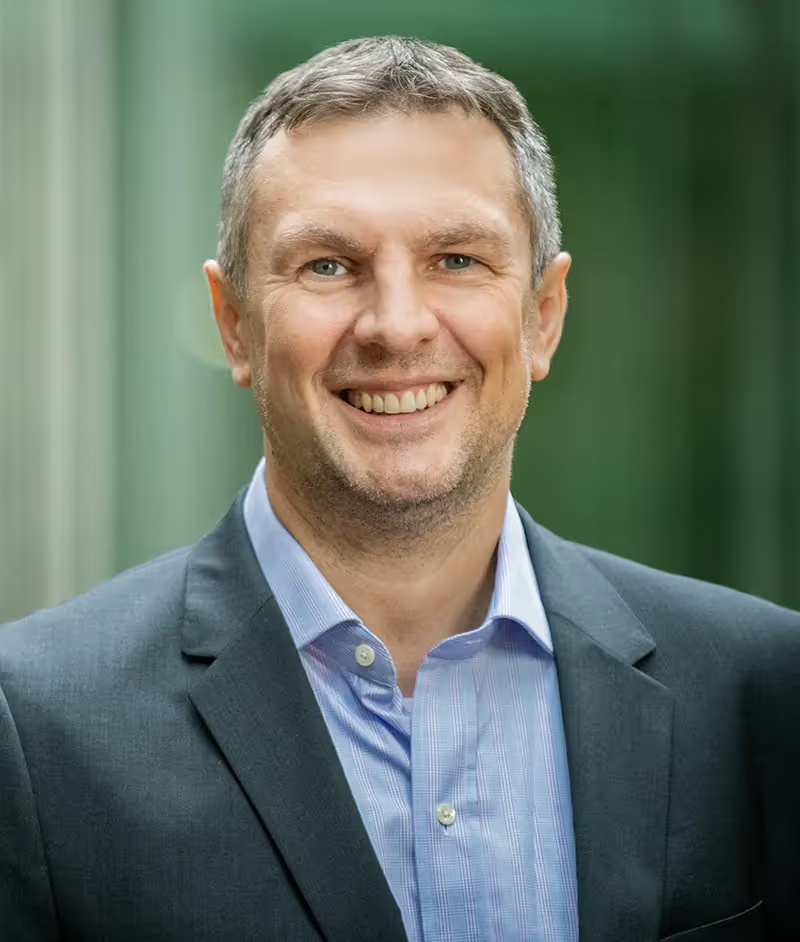
%20circ.avif)



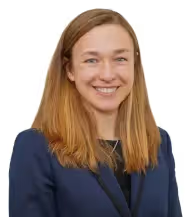

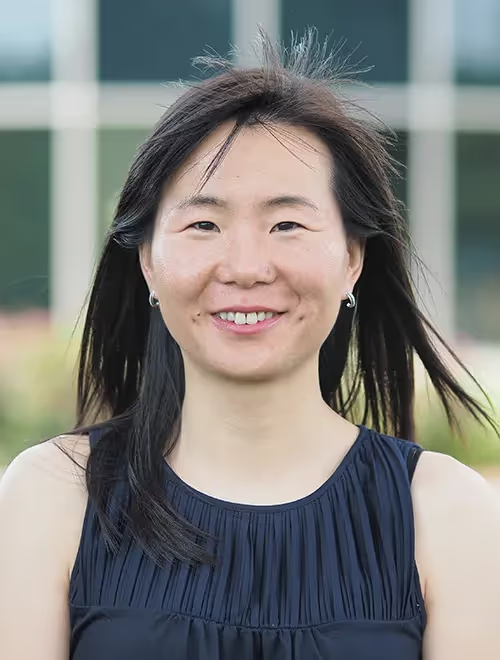

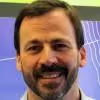


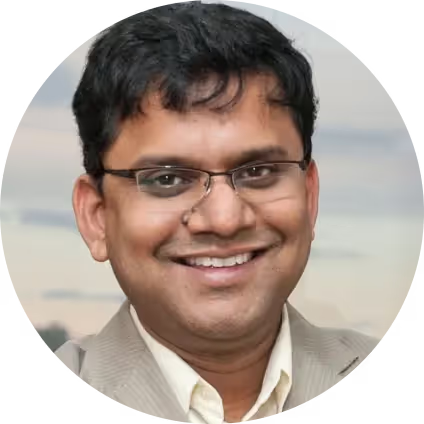

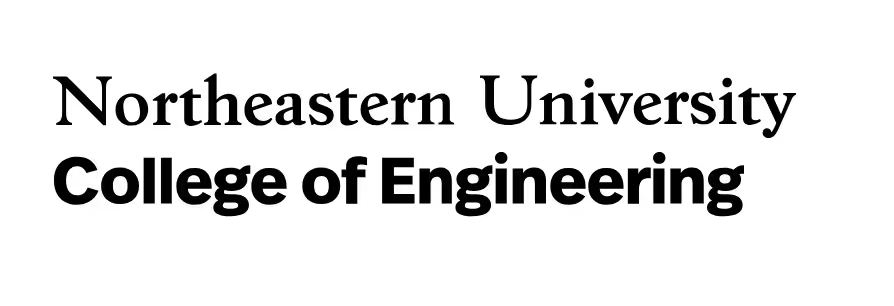
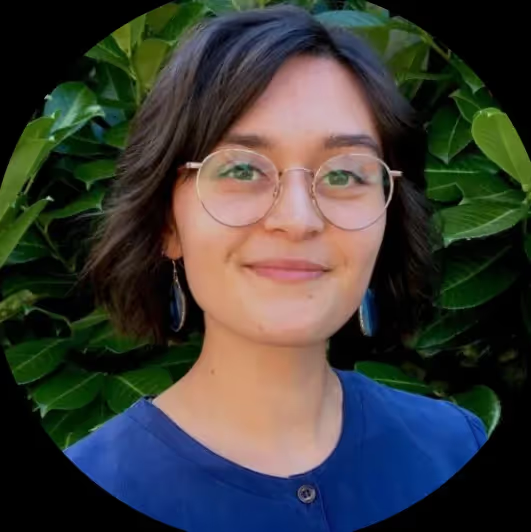

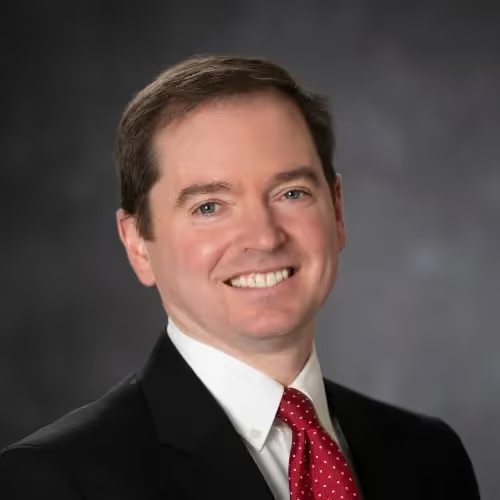

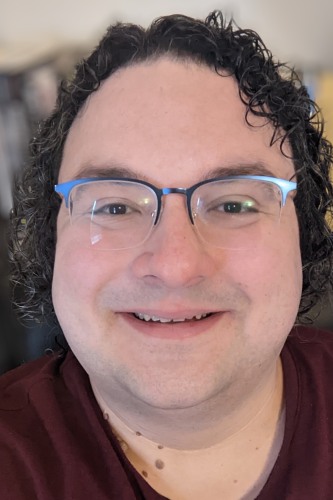
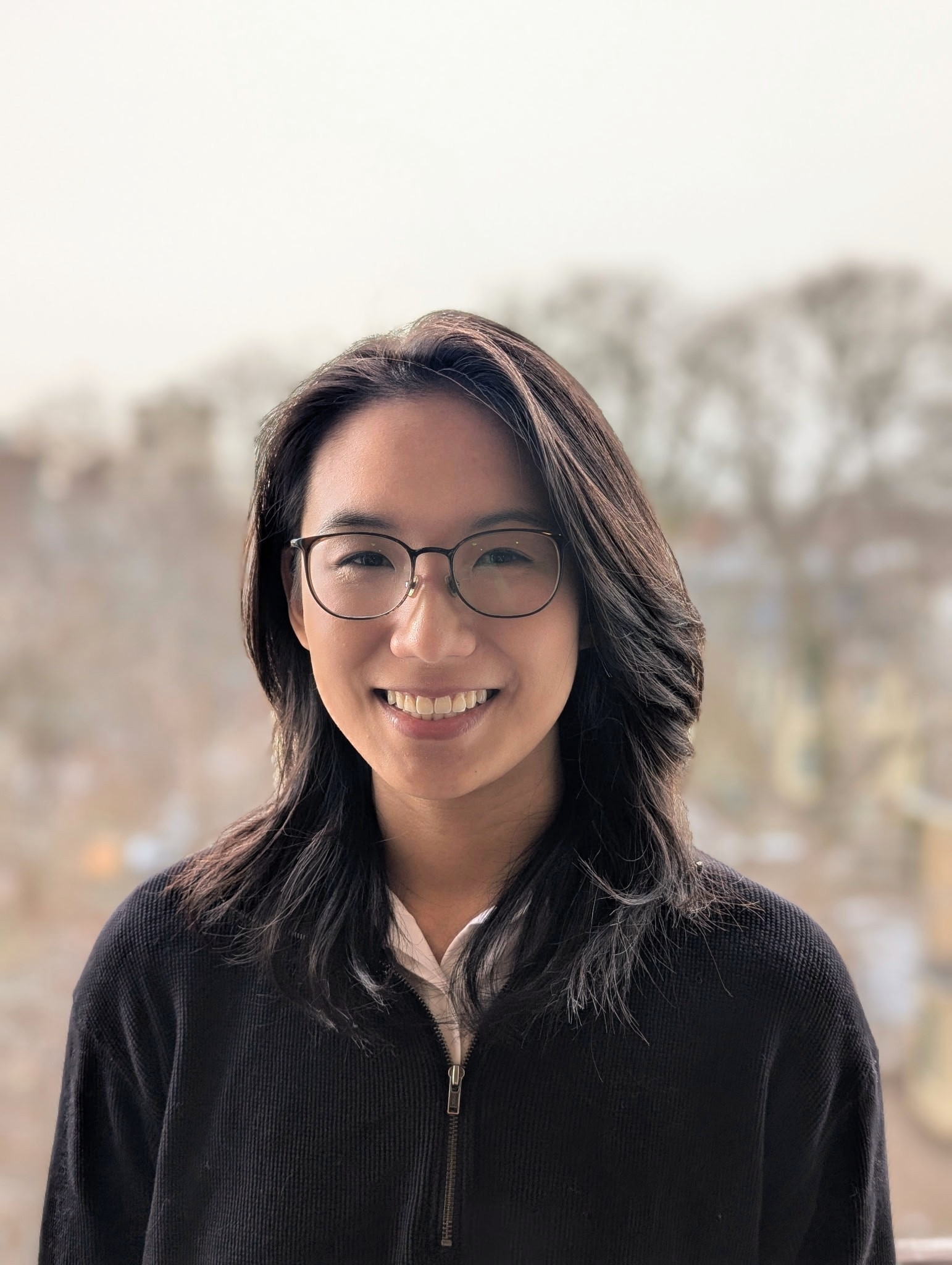
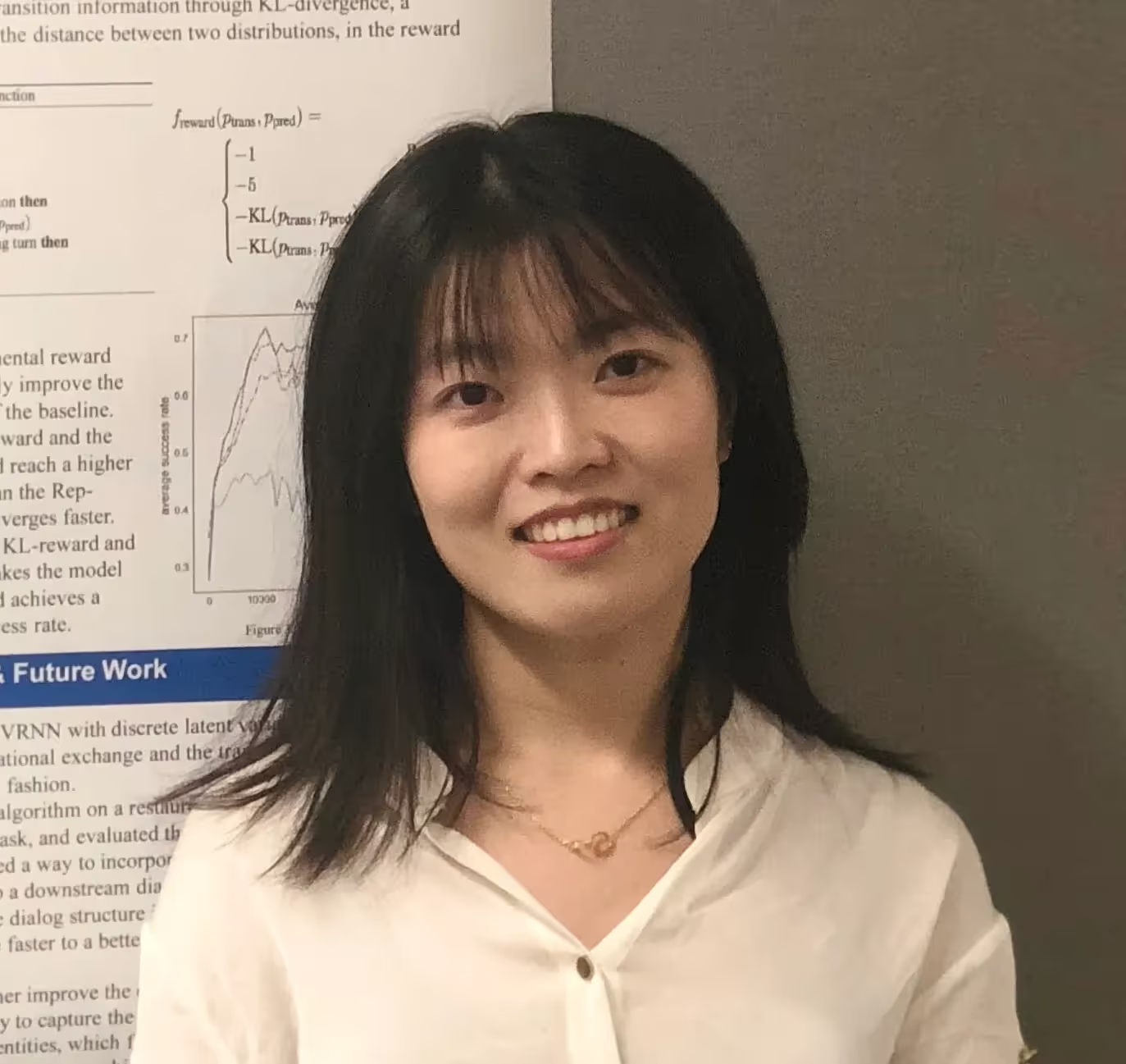
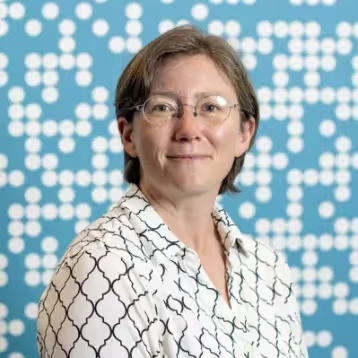
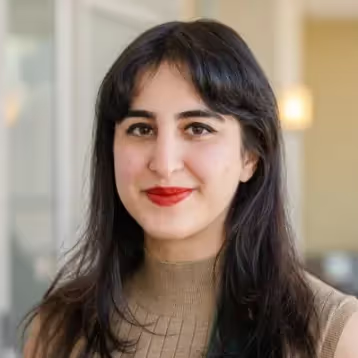
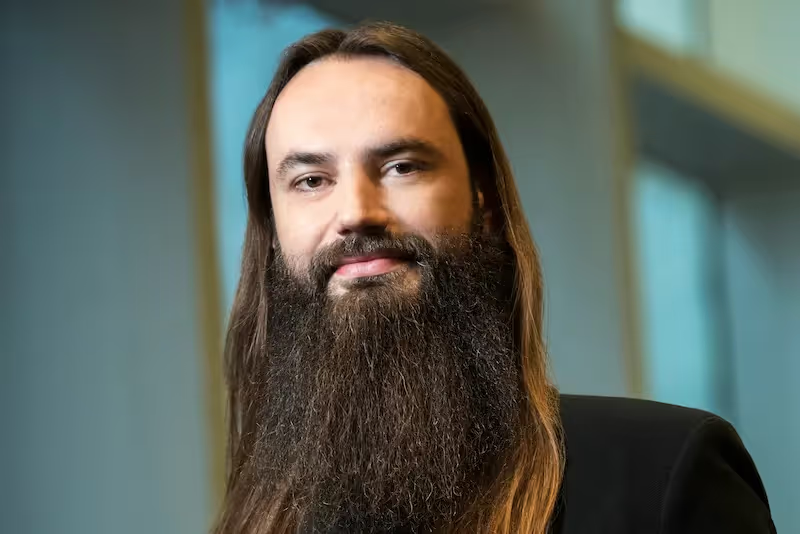
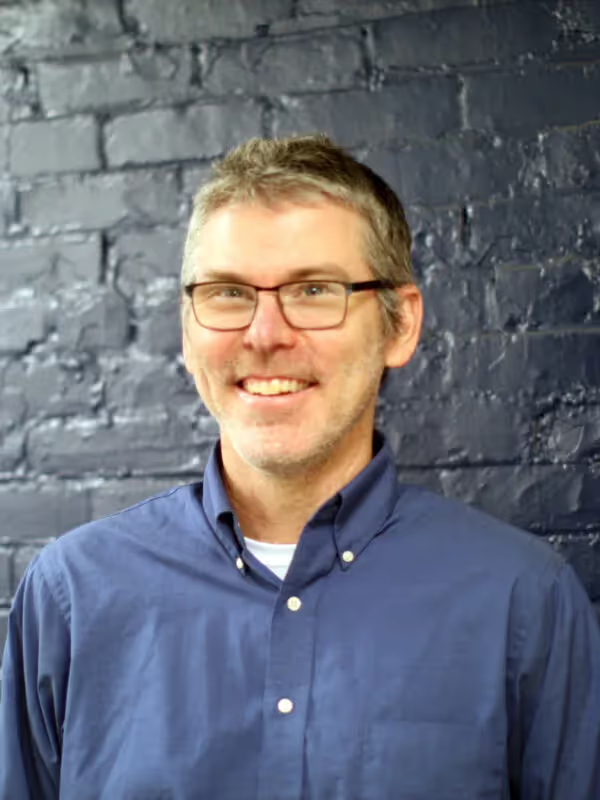
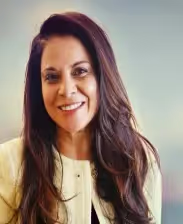
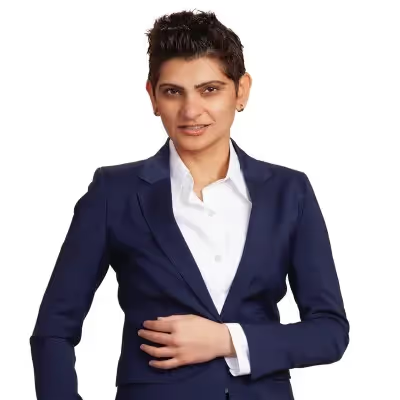
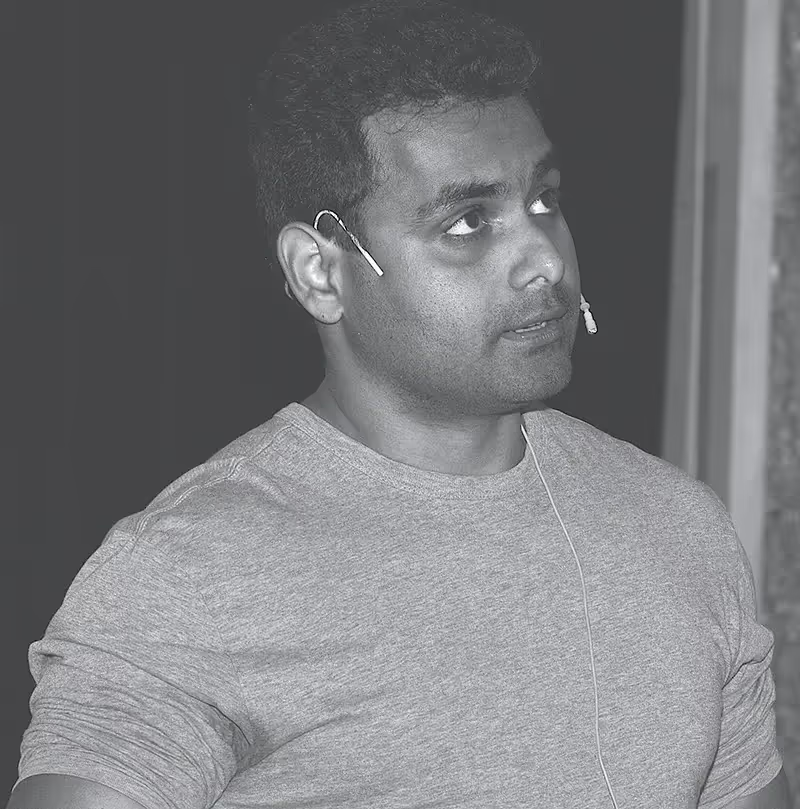
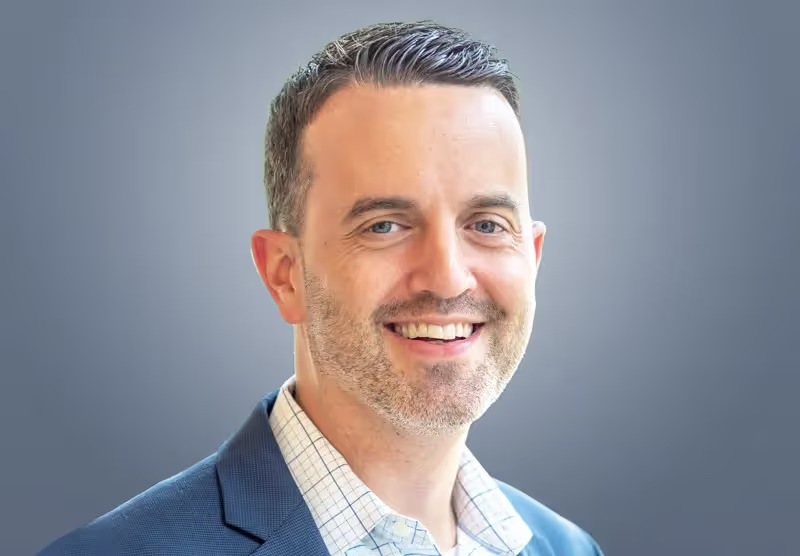
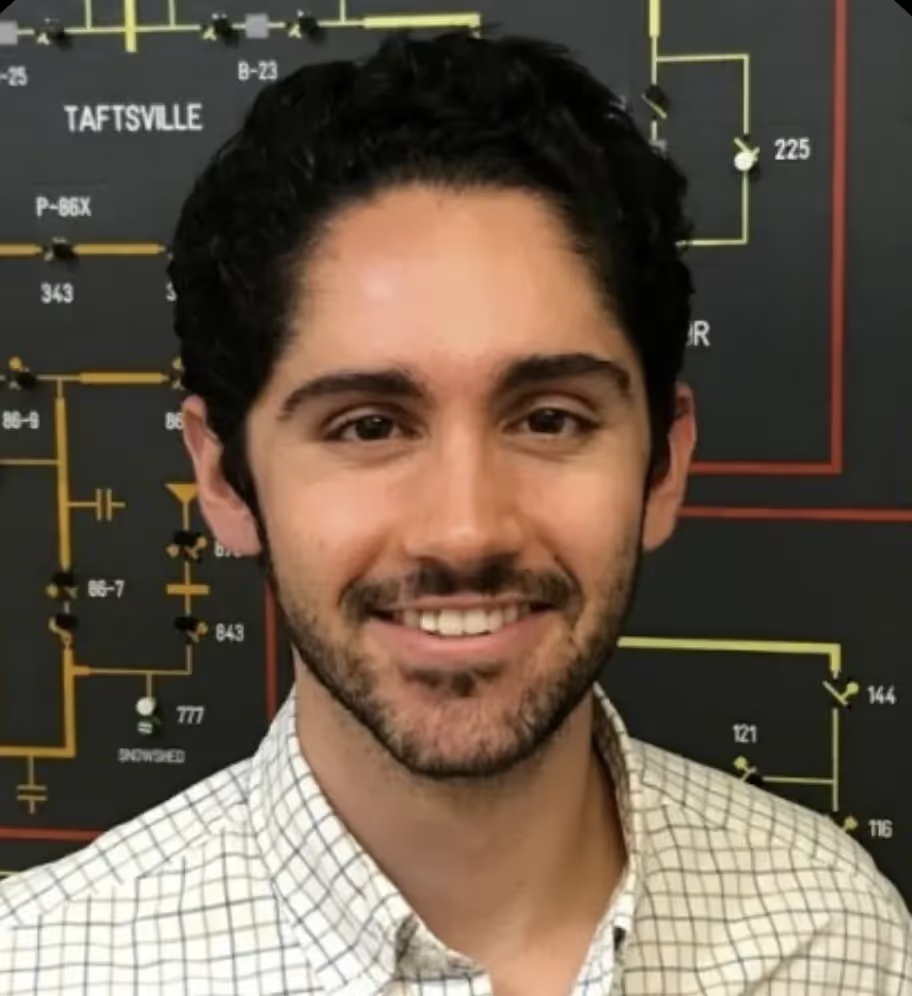
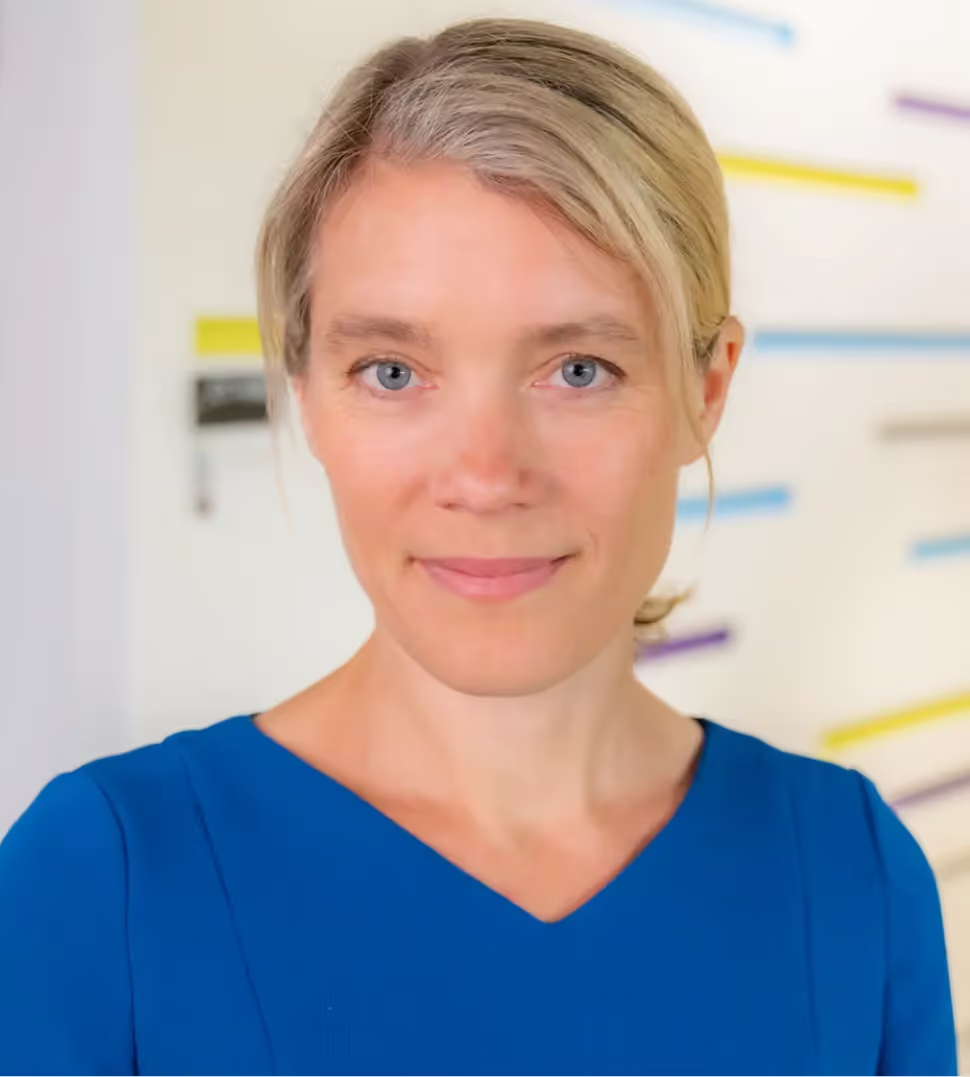
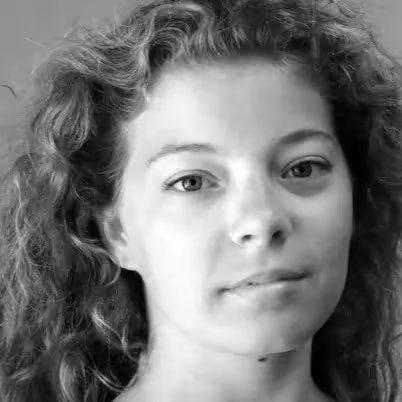
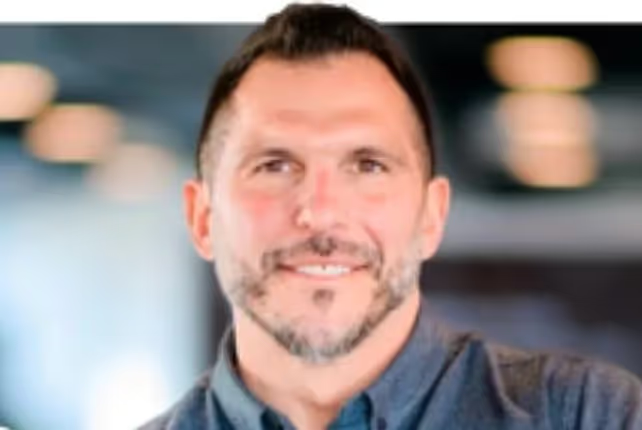
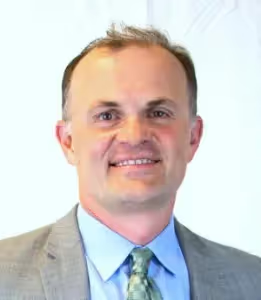
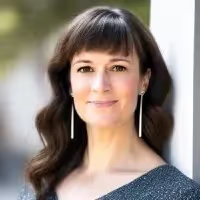
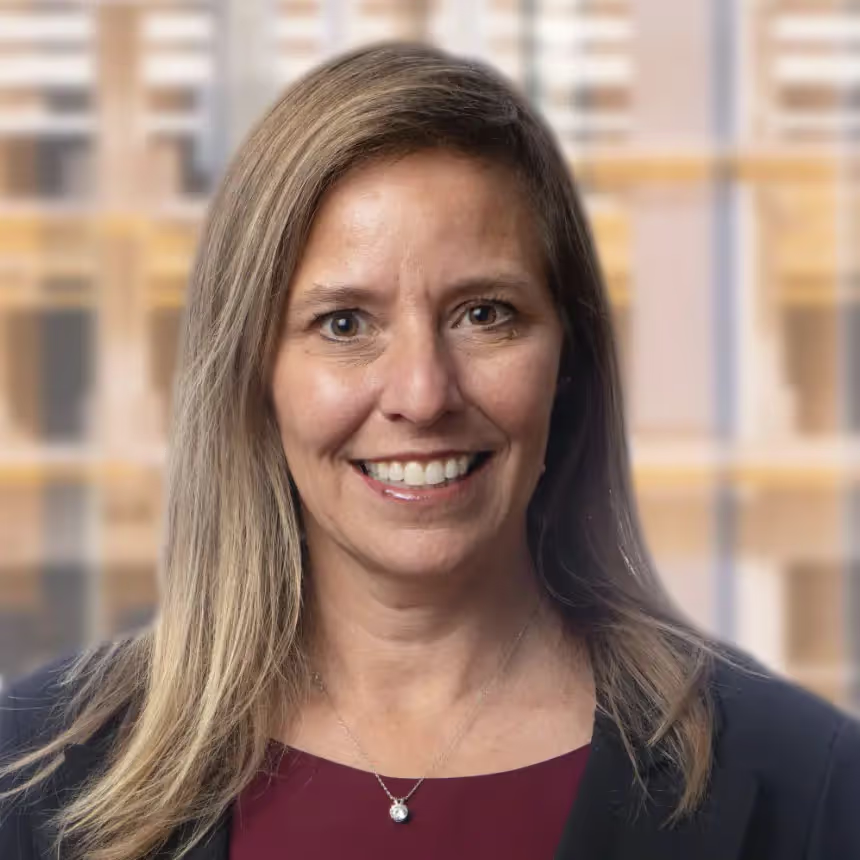
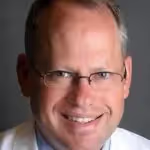
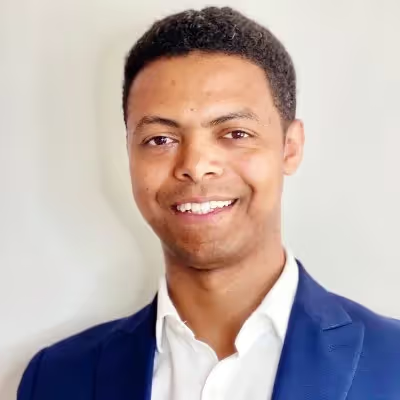
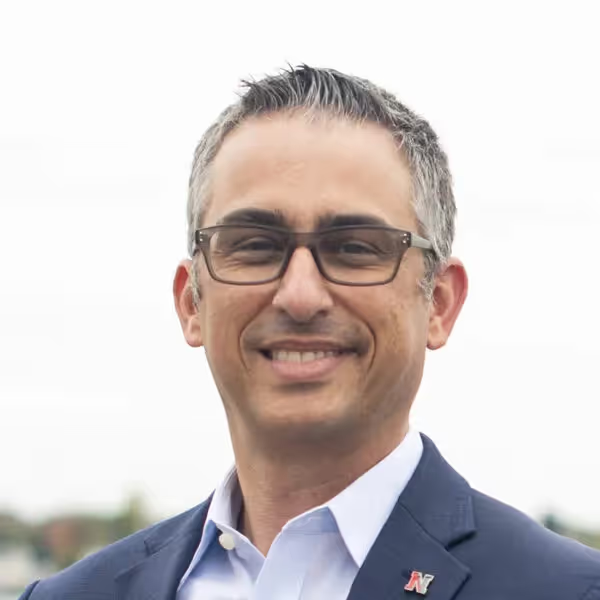
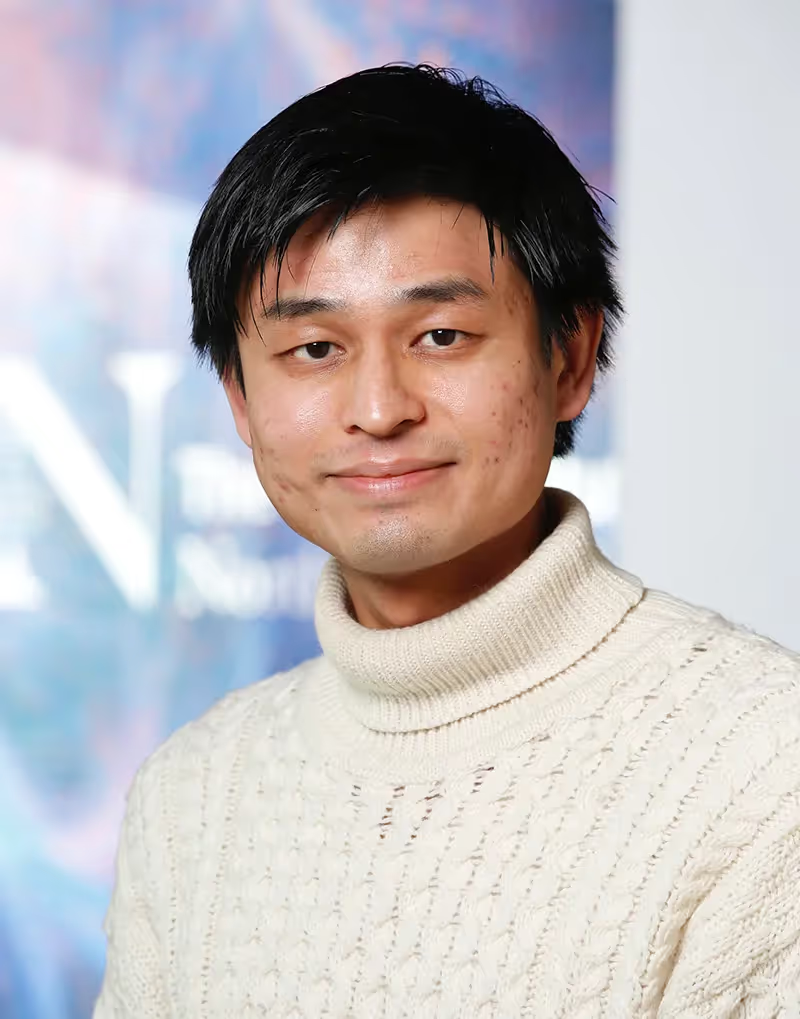
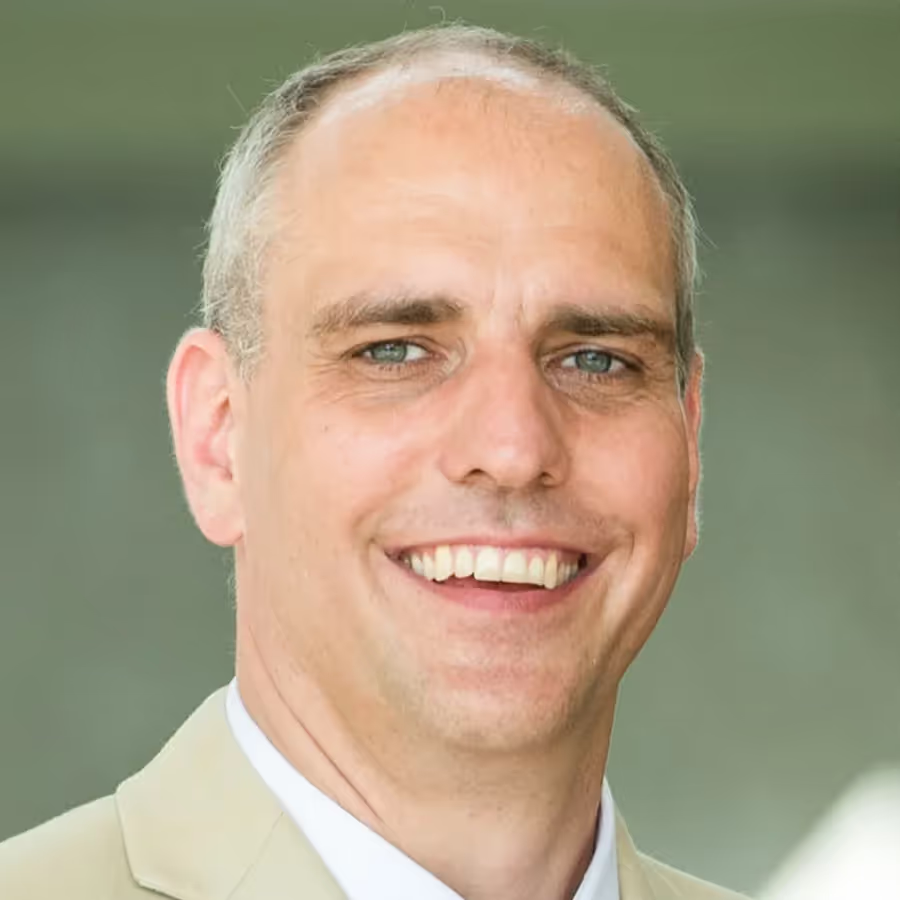

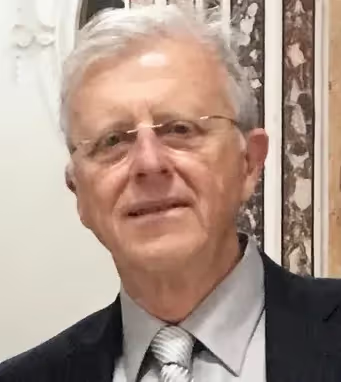
.avif)
.avif)
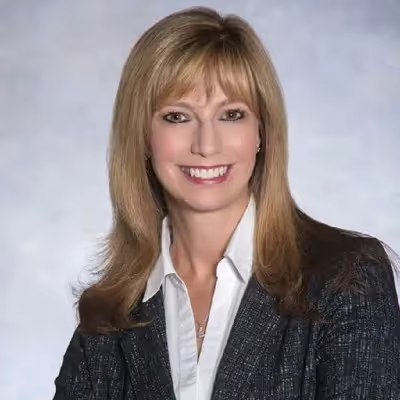
.avif)
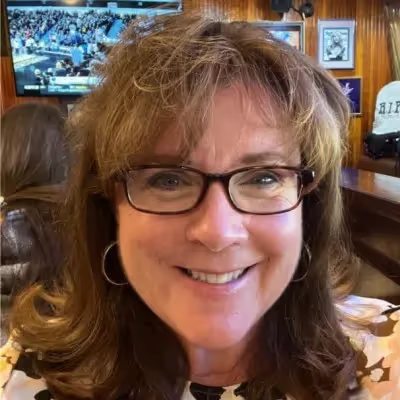
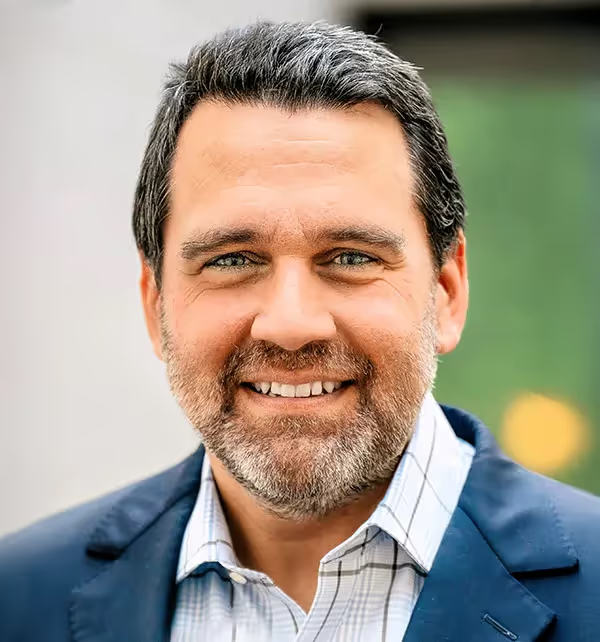
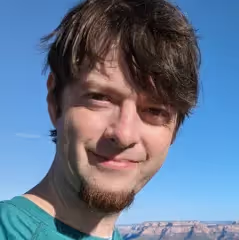
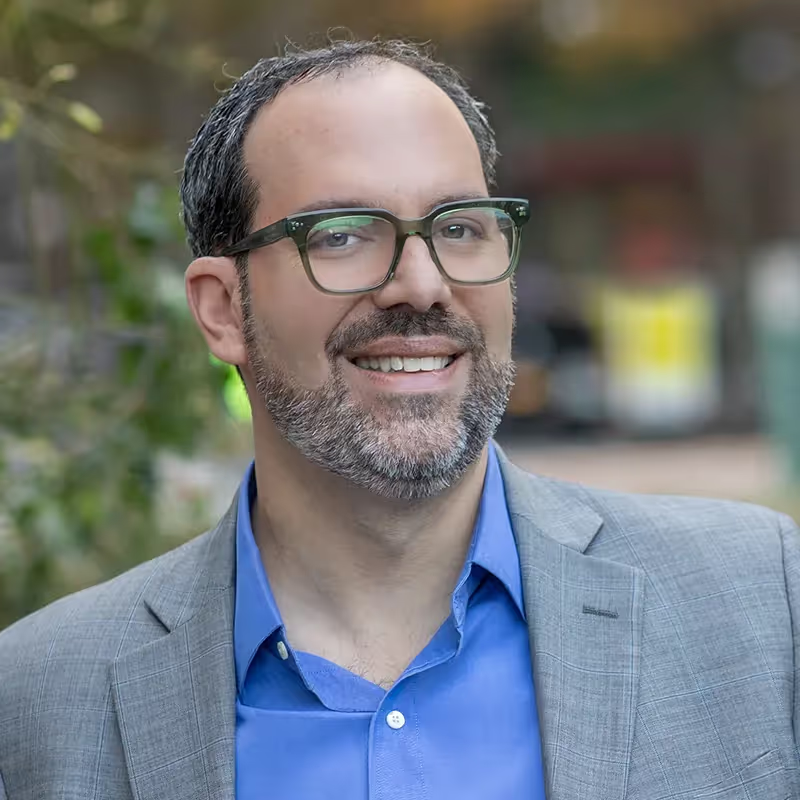
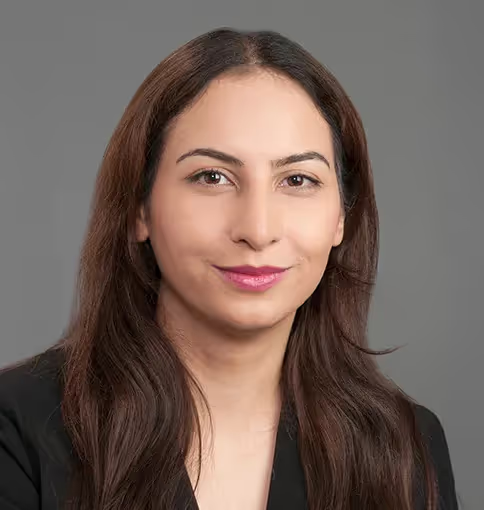
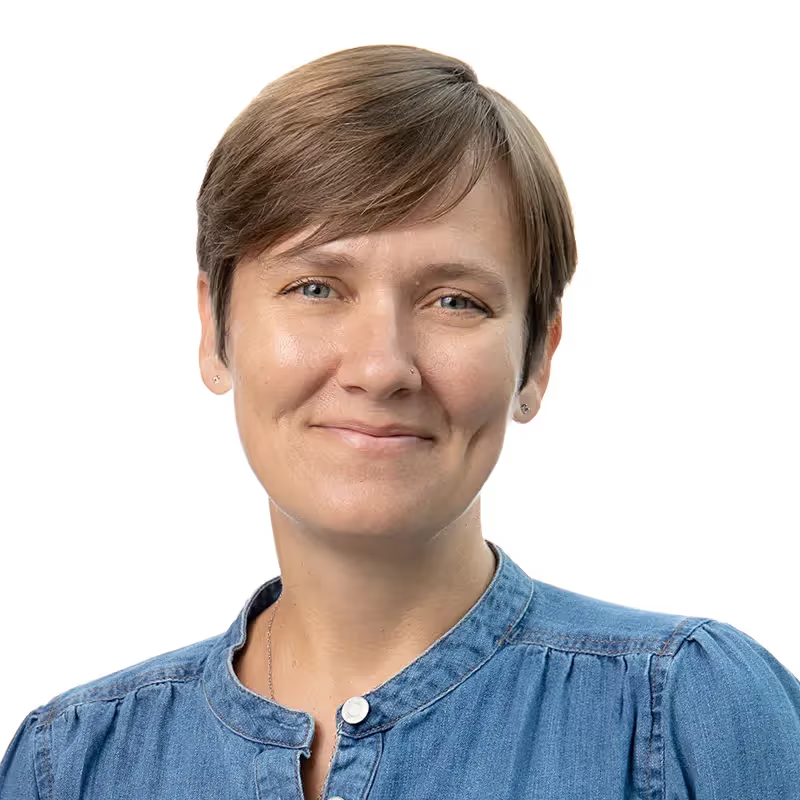
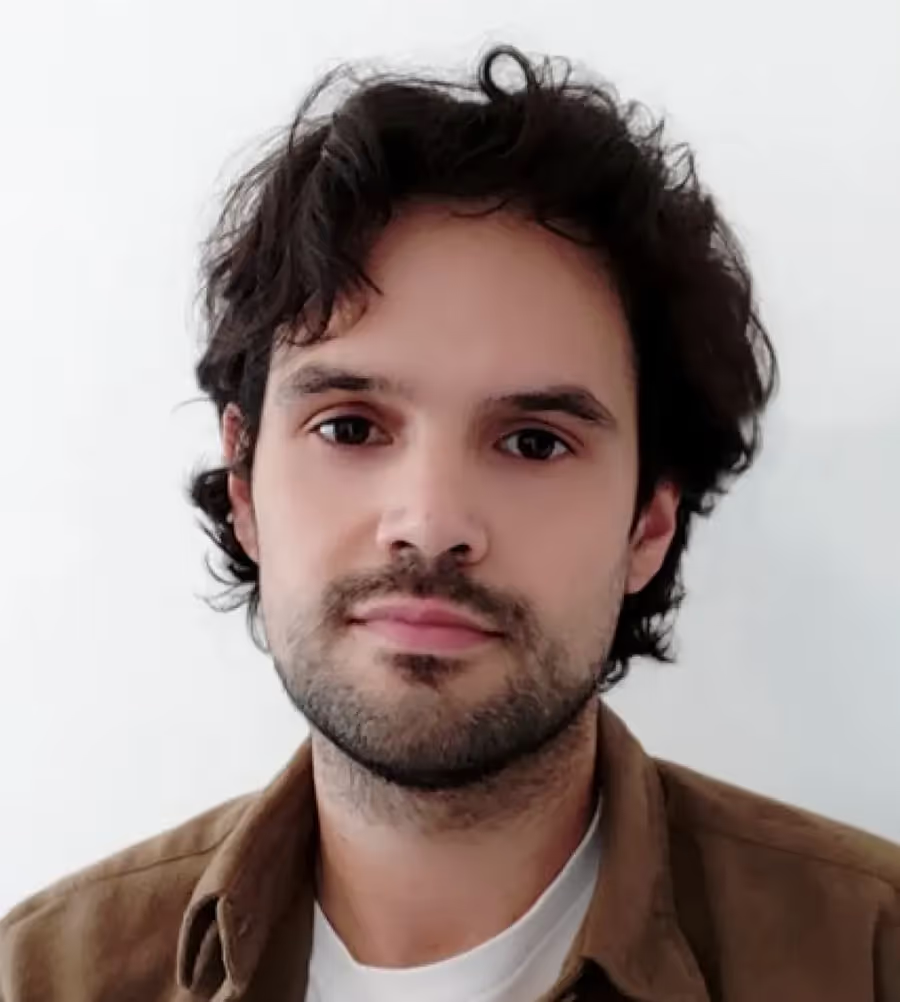
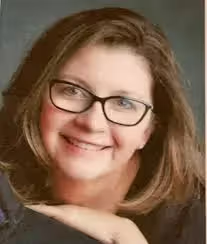
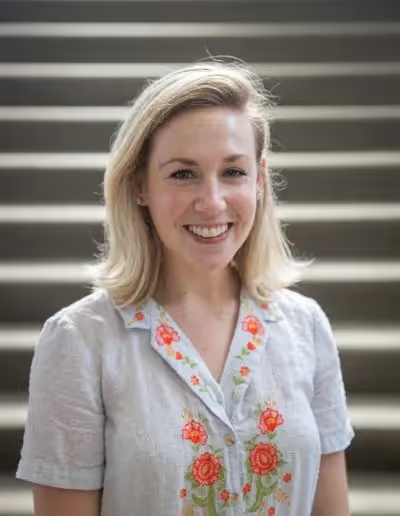

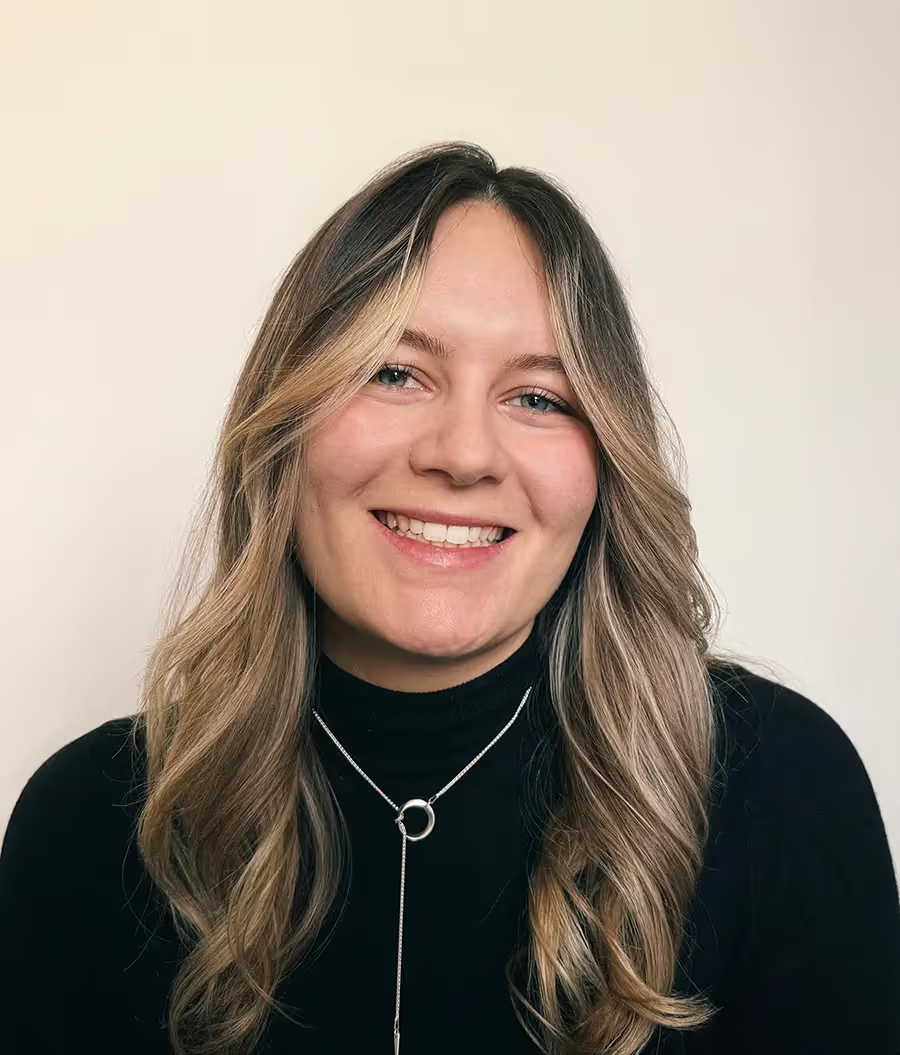
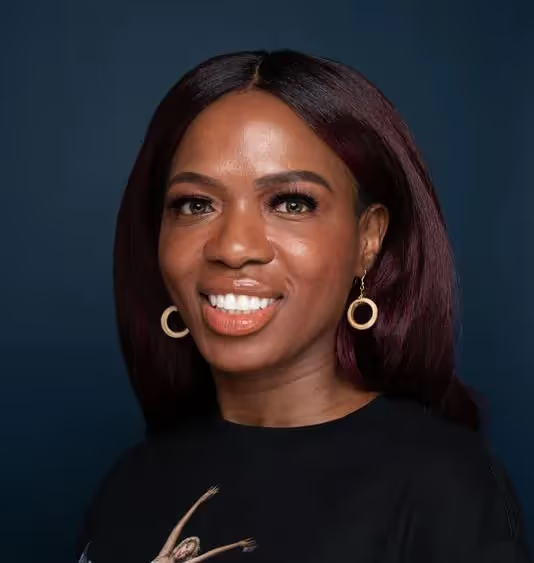

-p-800.avif)

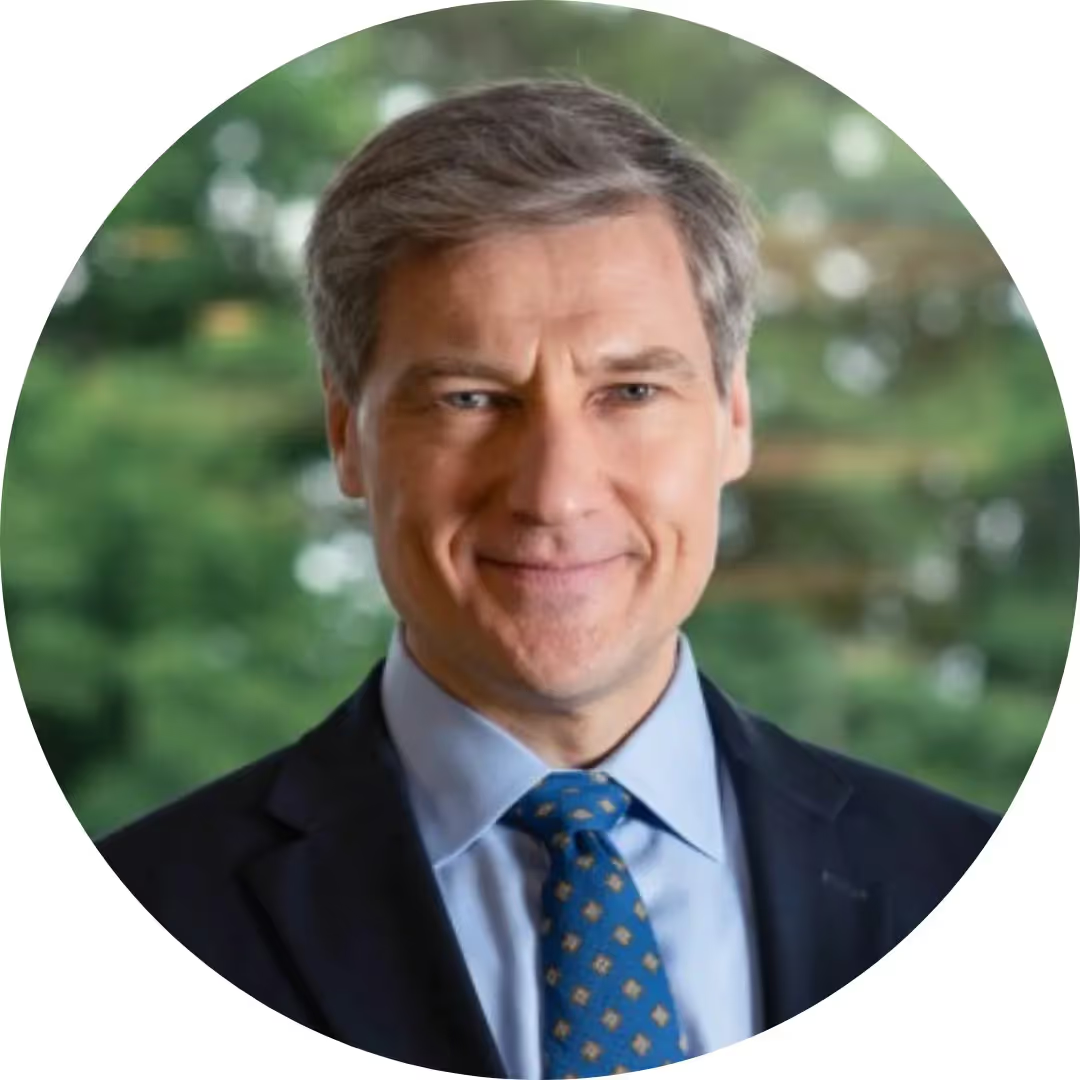

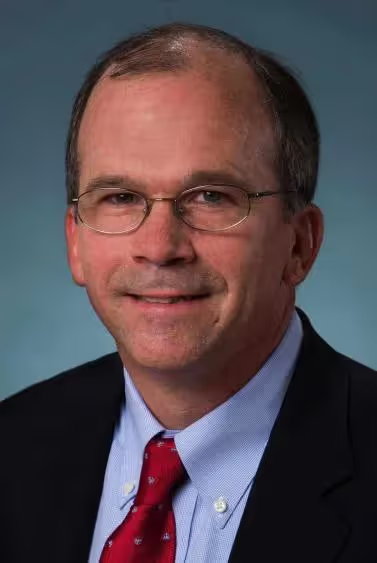
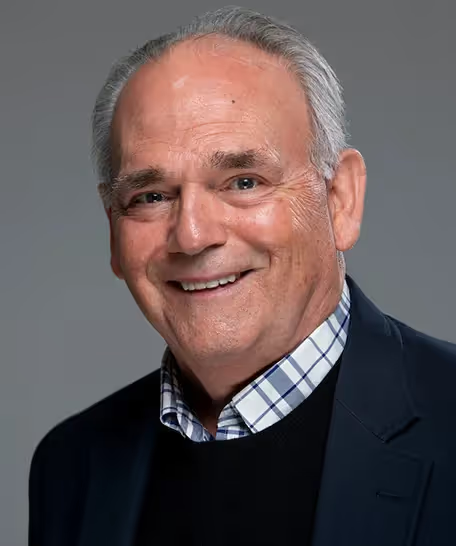


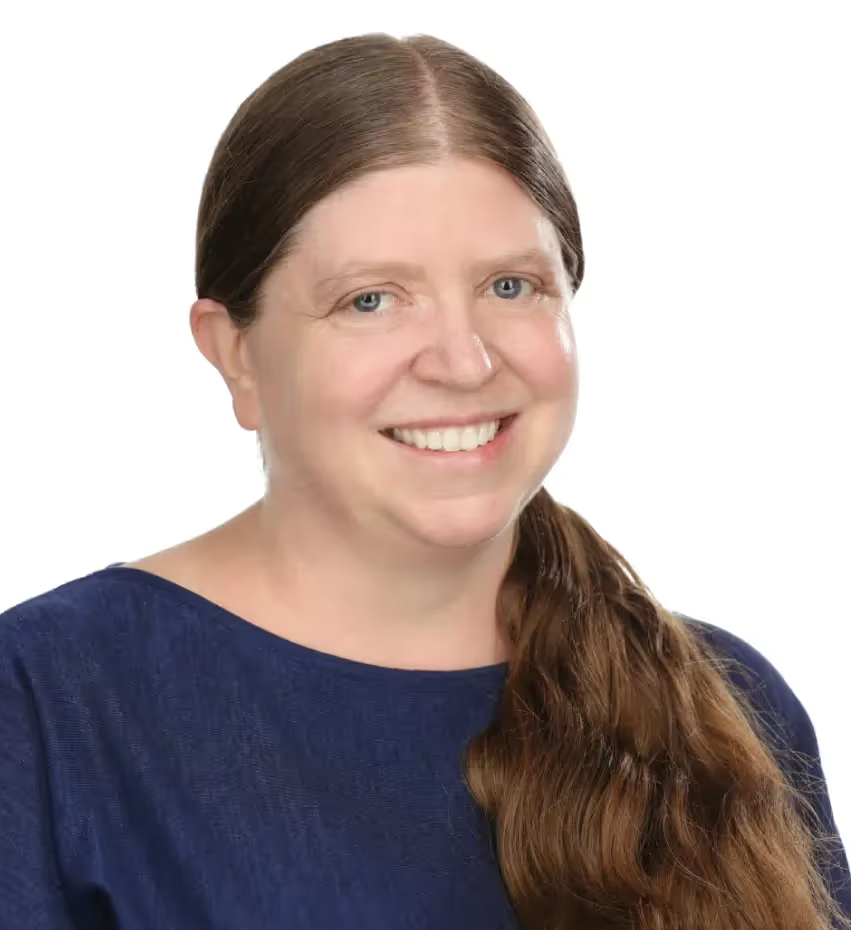
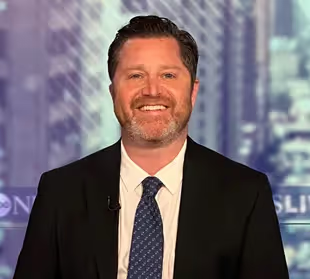
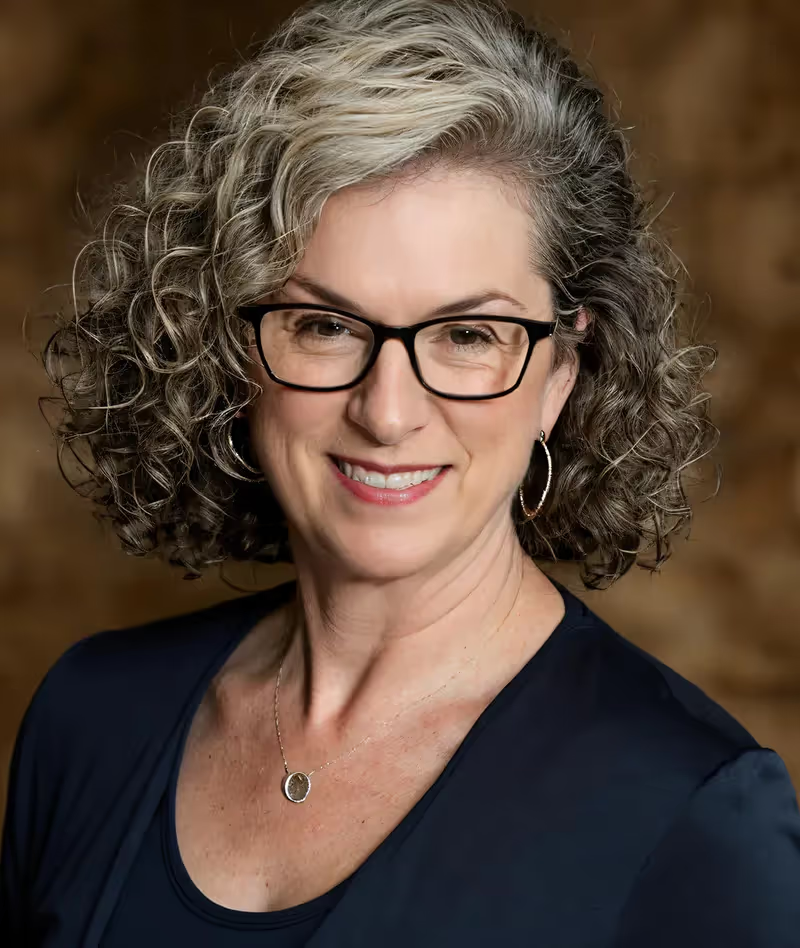
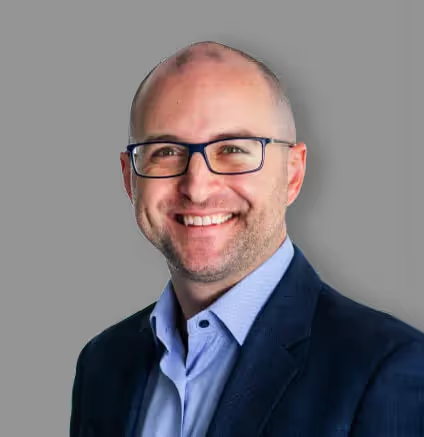

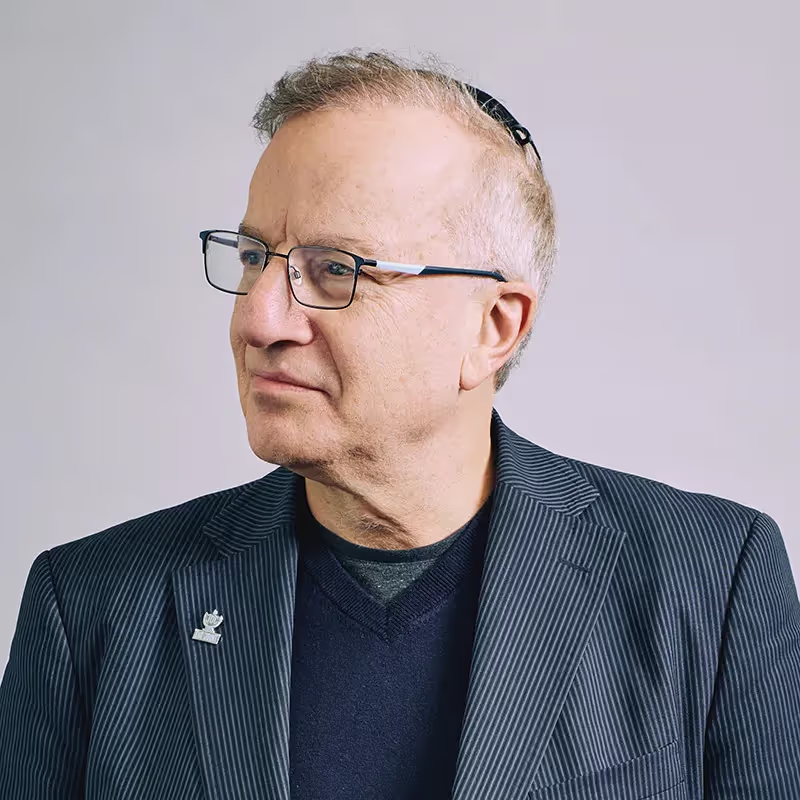
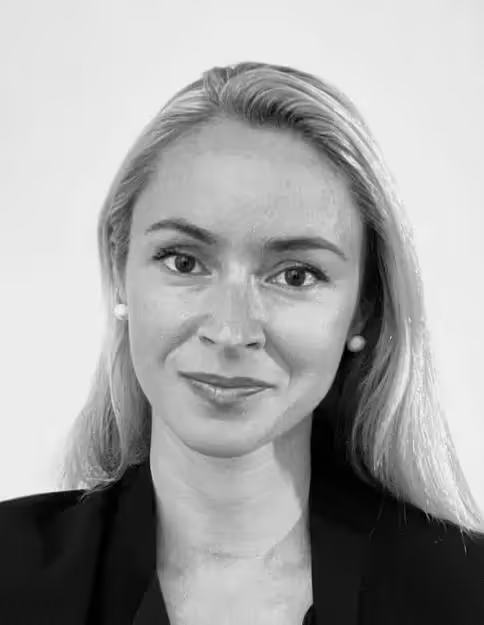

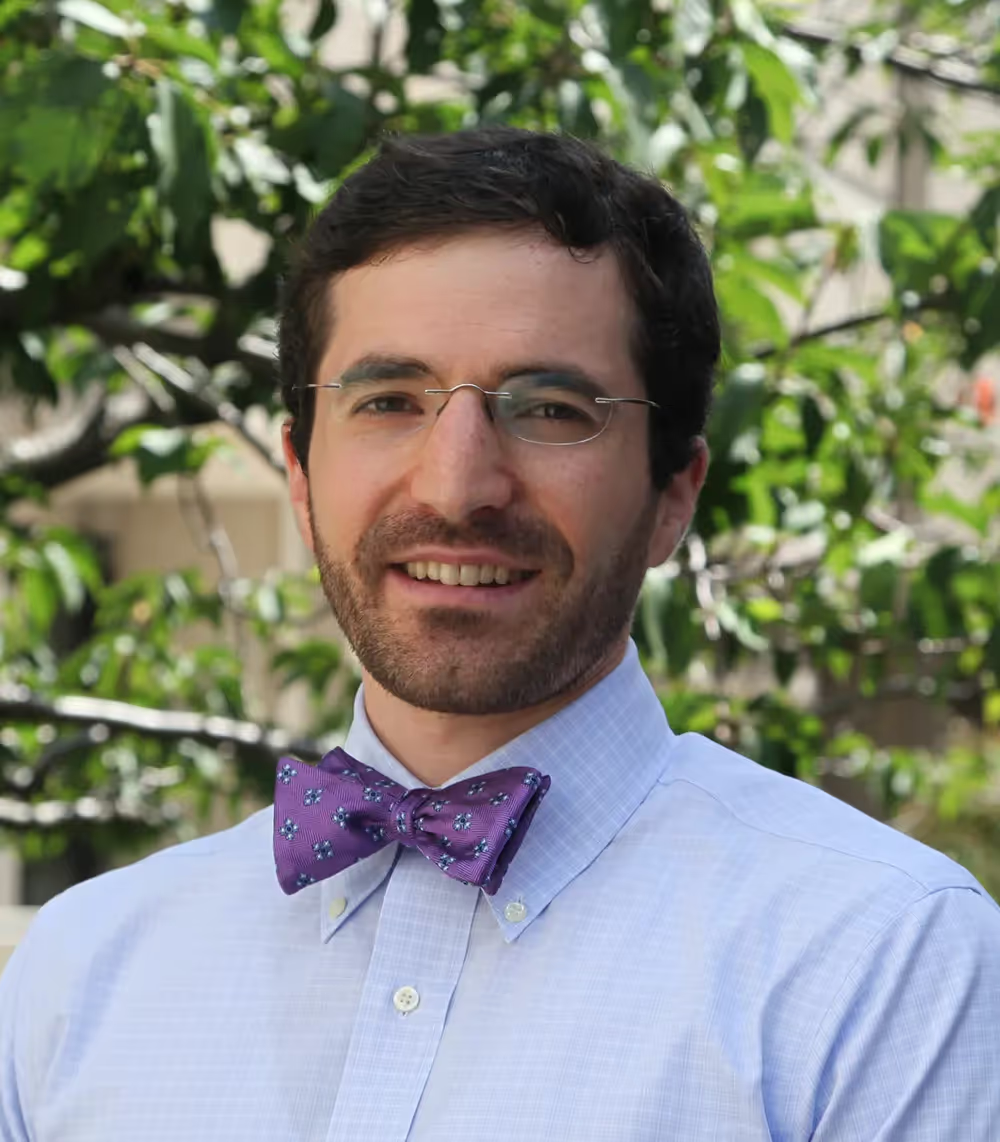
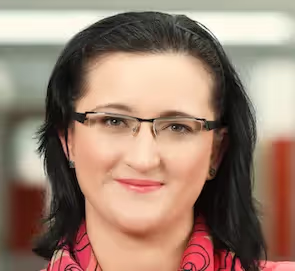
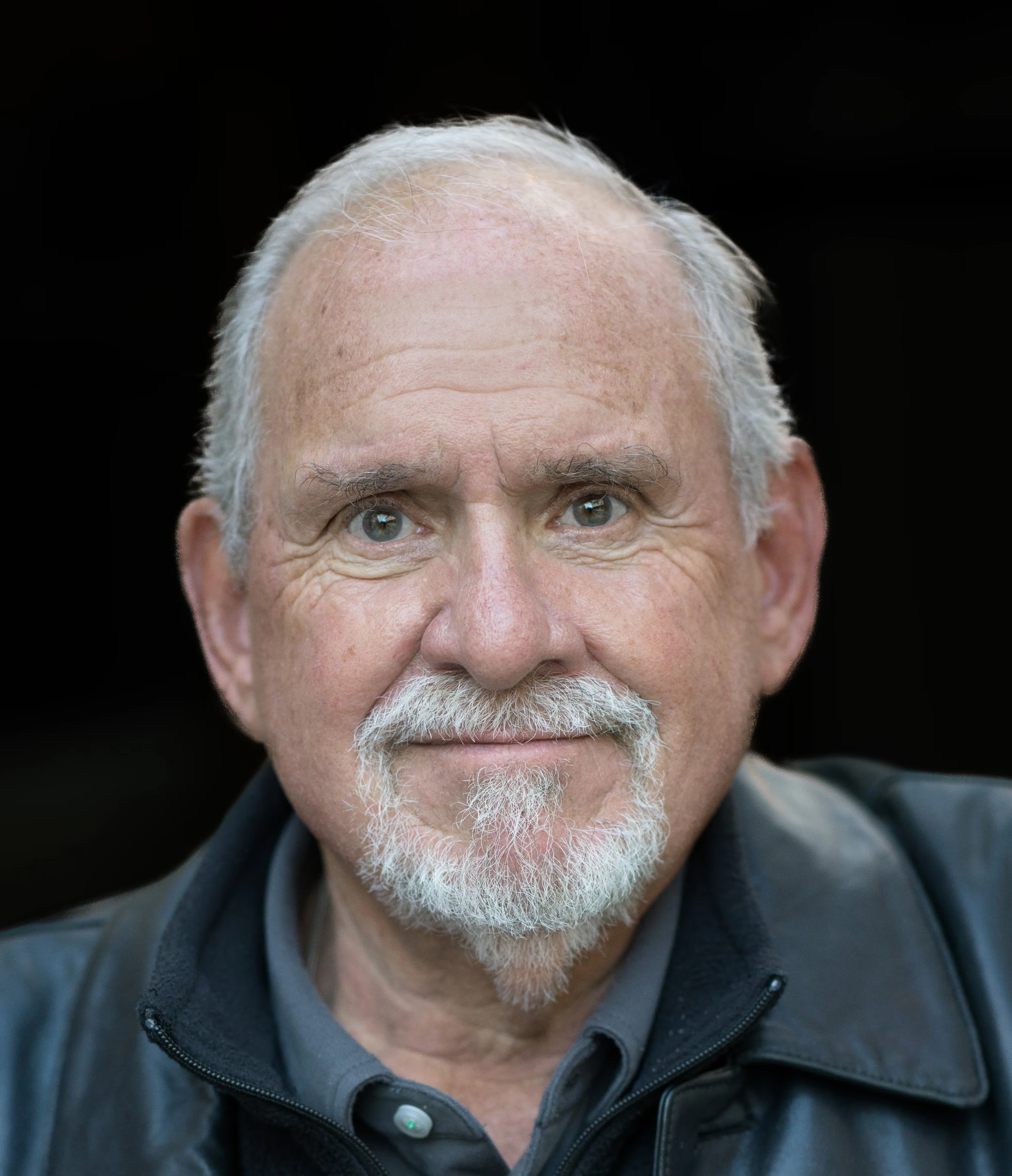
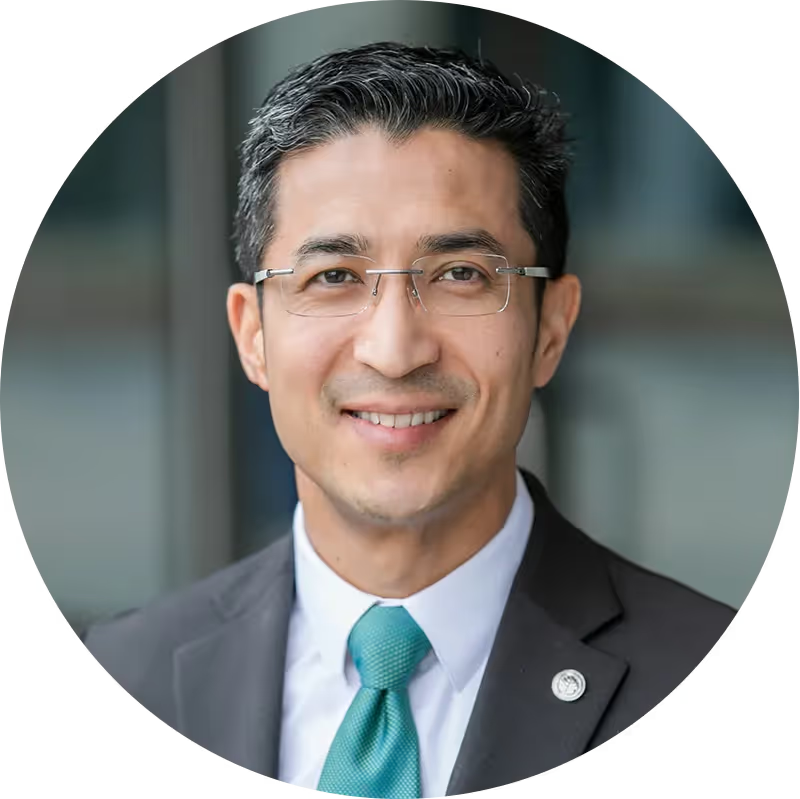
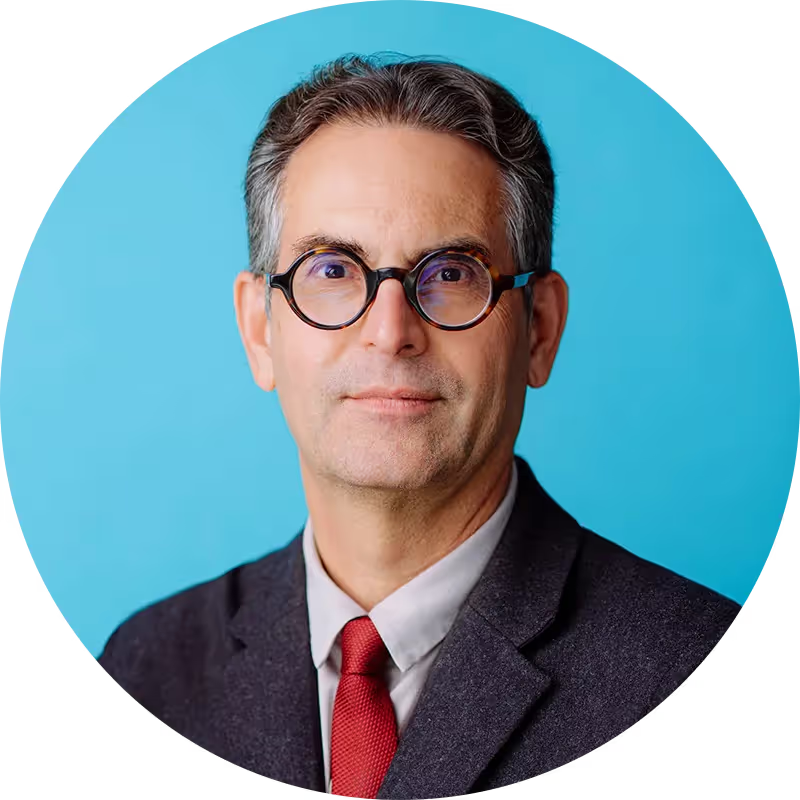
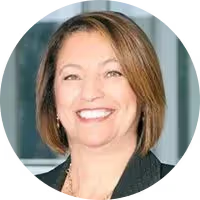
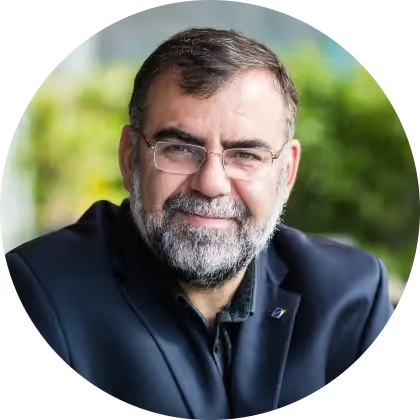
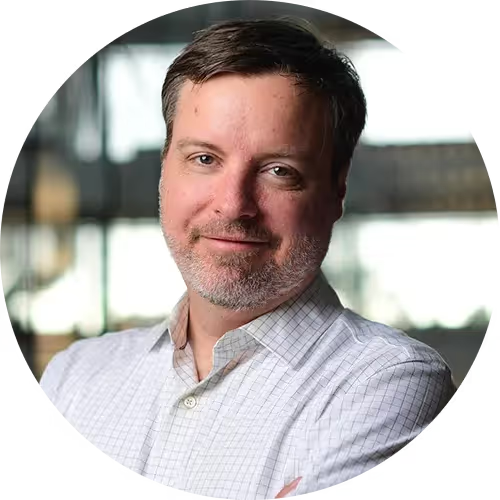
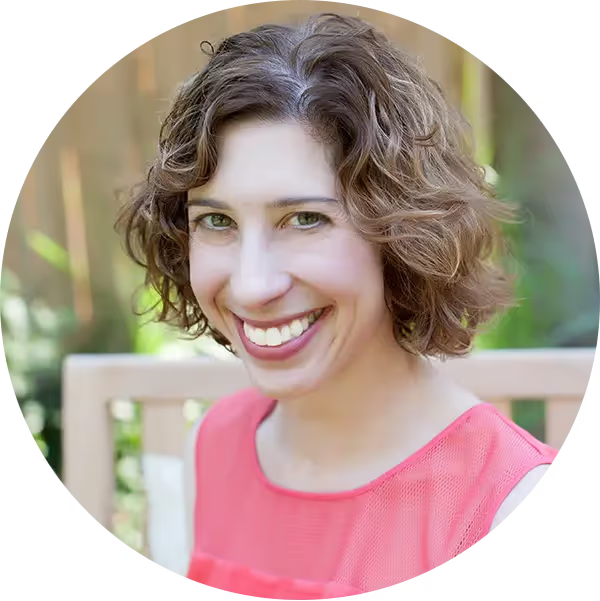

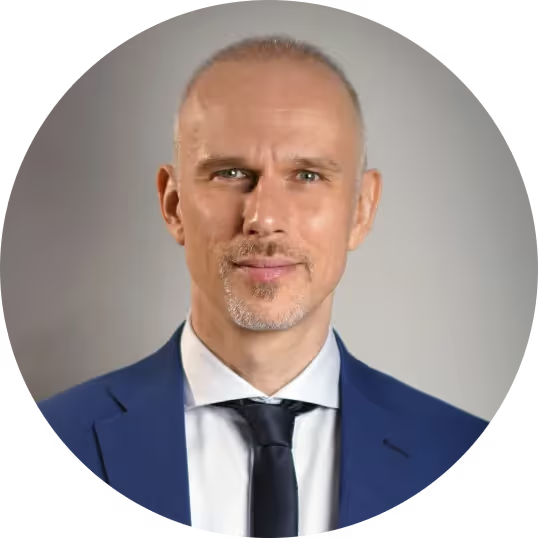
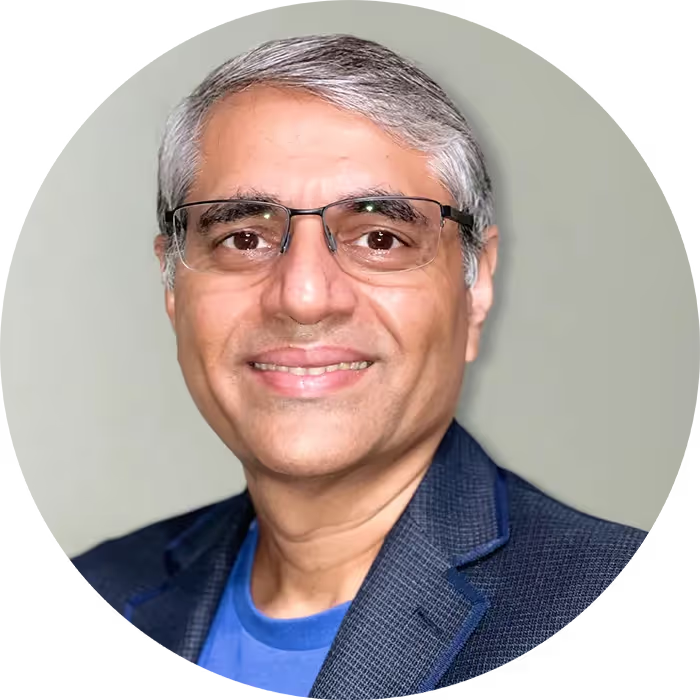
.avif)
